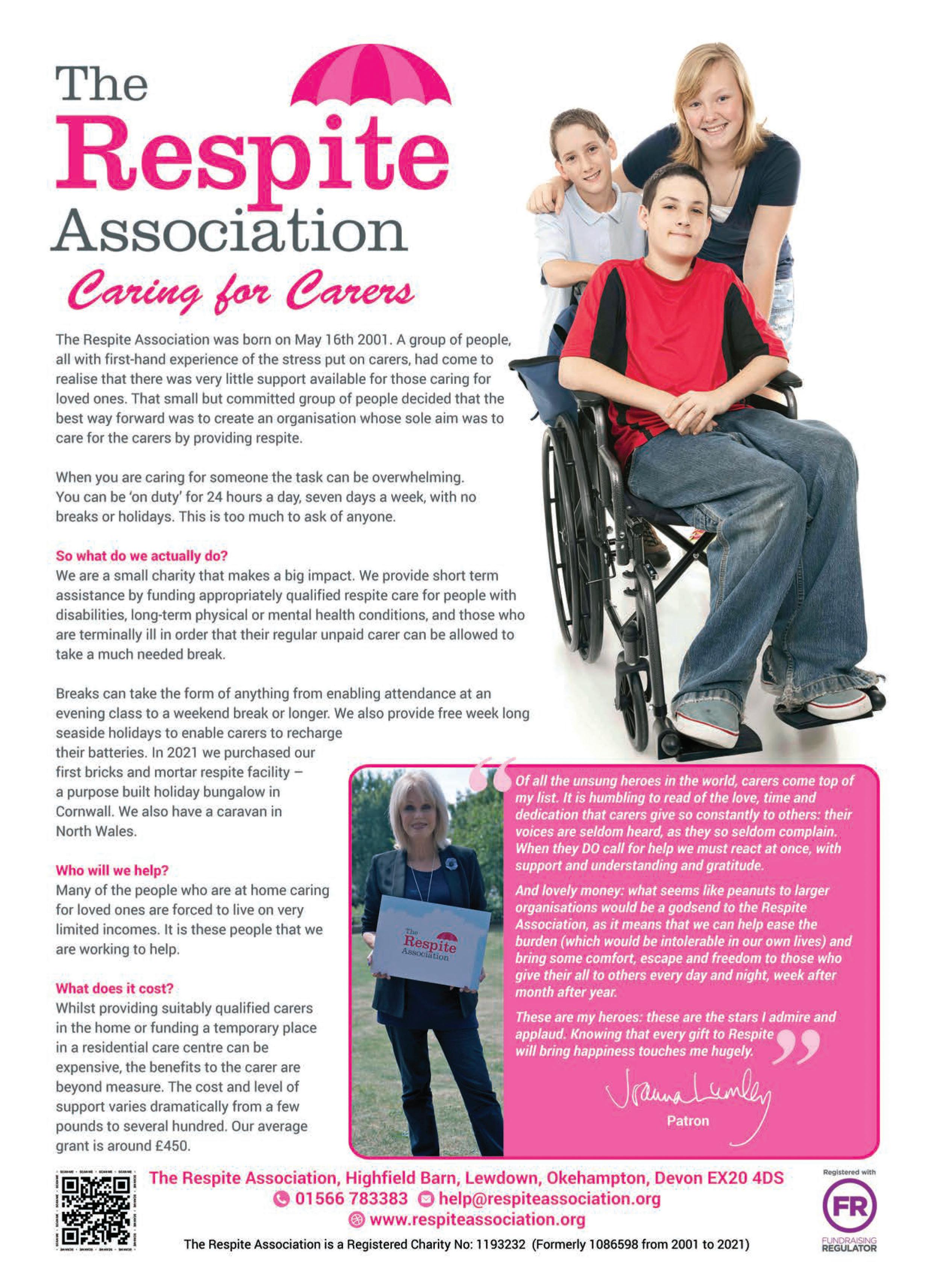









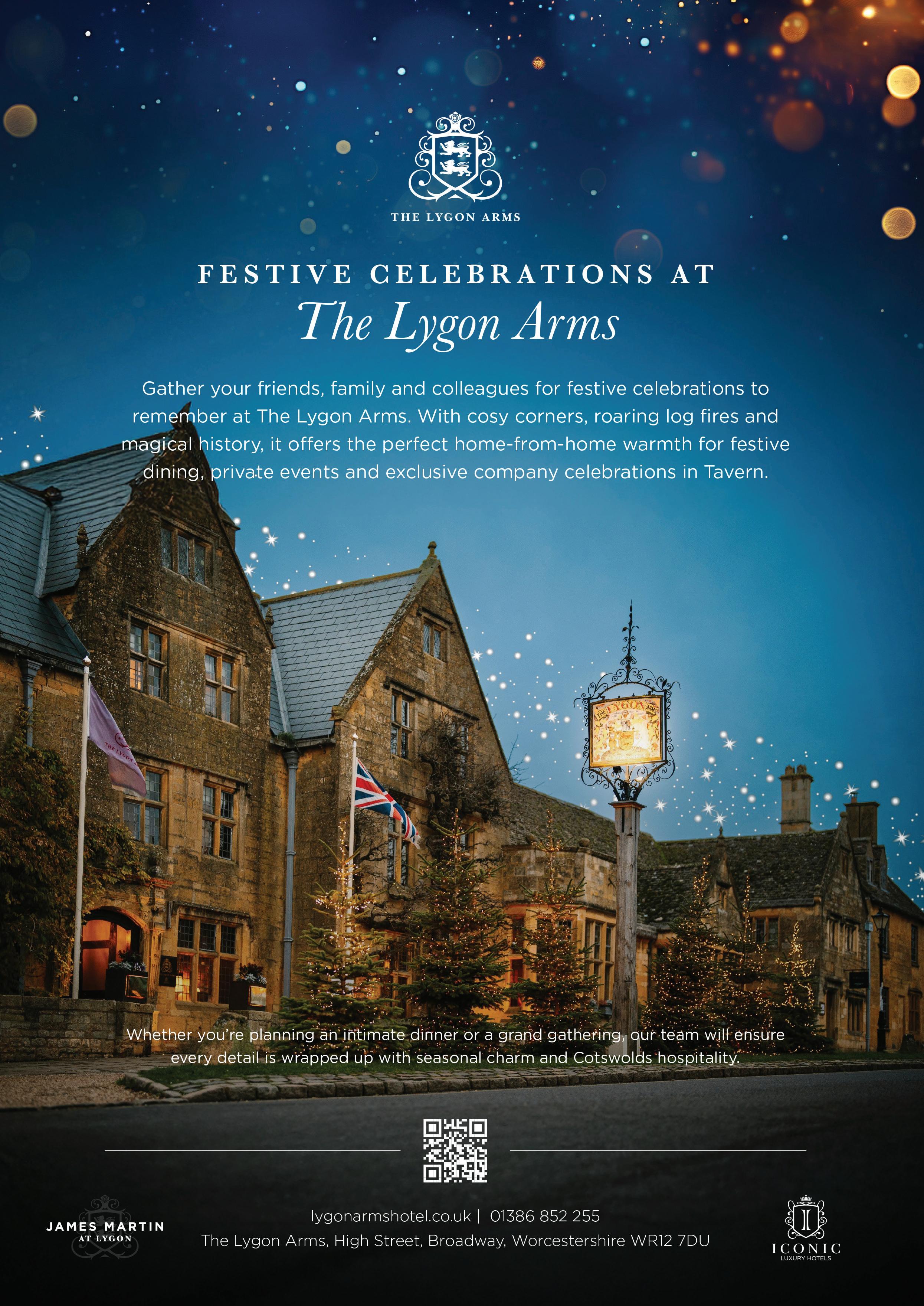




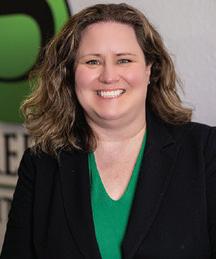







Elizabeth
Greens Solicitors elizabeth.miles@greenssolicitors. org
Laura Osborne Administrator Headturner Search laura@headturnersearch.co.uk


Nick Hughes Committee Member HB 121 Solicitors nah@hb121solicitors.co.uk

Vishal Mahay Committee
Waldrons Solicitors Vishal.Mahay@waldrons.co.uk
James Osborne
Harrison Clark Rickerbys josborne@hcrlaw.com
Amy McGowan-Docherty Editor of The Pears magazine Harrison Clark Rickerbys amdocherty@hcrlaw.com

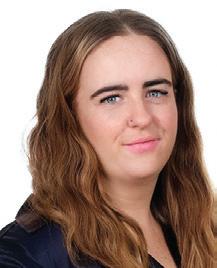
Georgina Groves Committee Member Harrison Clark Rickerbys ghunt@hcrlaw.com
Jenny Watkins Committee Member University of Worcester jenny.watkins@worc.ac.uk








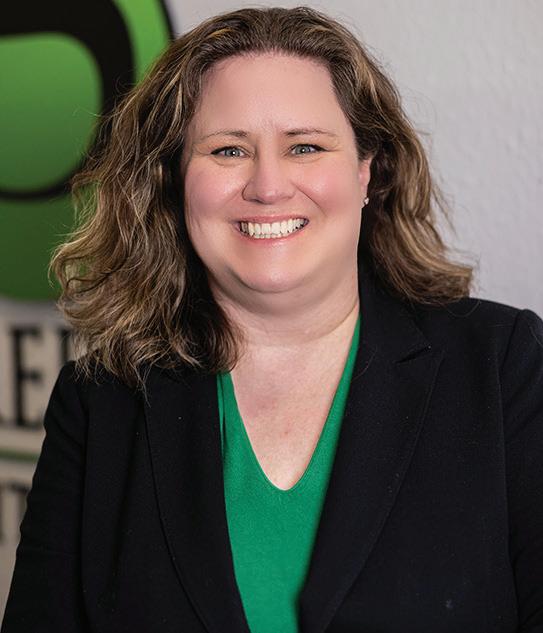
Dear Members,
Well, Summer is well and truly upon us. The holiday season with desperate attempts to get files up to date so we aren’t leaving our colleagues with too many problems (although something always happens however hard we try to minimise this!!) before out of office calls.
The now legendary Pimms and Croquet Evening was a smash, and plans are afoot for next year already.
Thank you to all of the nominees who gave up their time for the Interview Day, it was
a very difficult but interesting day for the Panel. Having met everyone, the Awards evening will be very interesting and edge of seats!!
There are still a few tables available if there are any firms wanting to books tickets.
Enjoy the summer, may we whinge at the heat, complain at the downpours, and I look forward to seeing as many of you as possible in September at the Awards evening.
Liz Miles, President, Worcestershire Law Society, 2024-2025
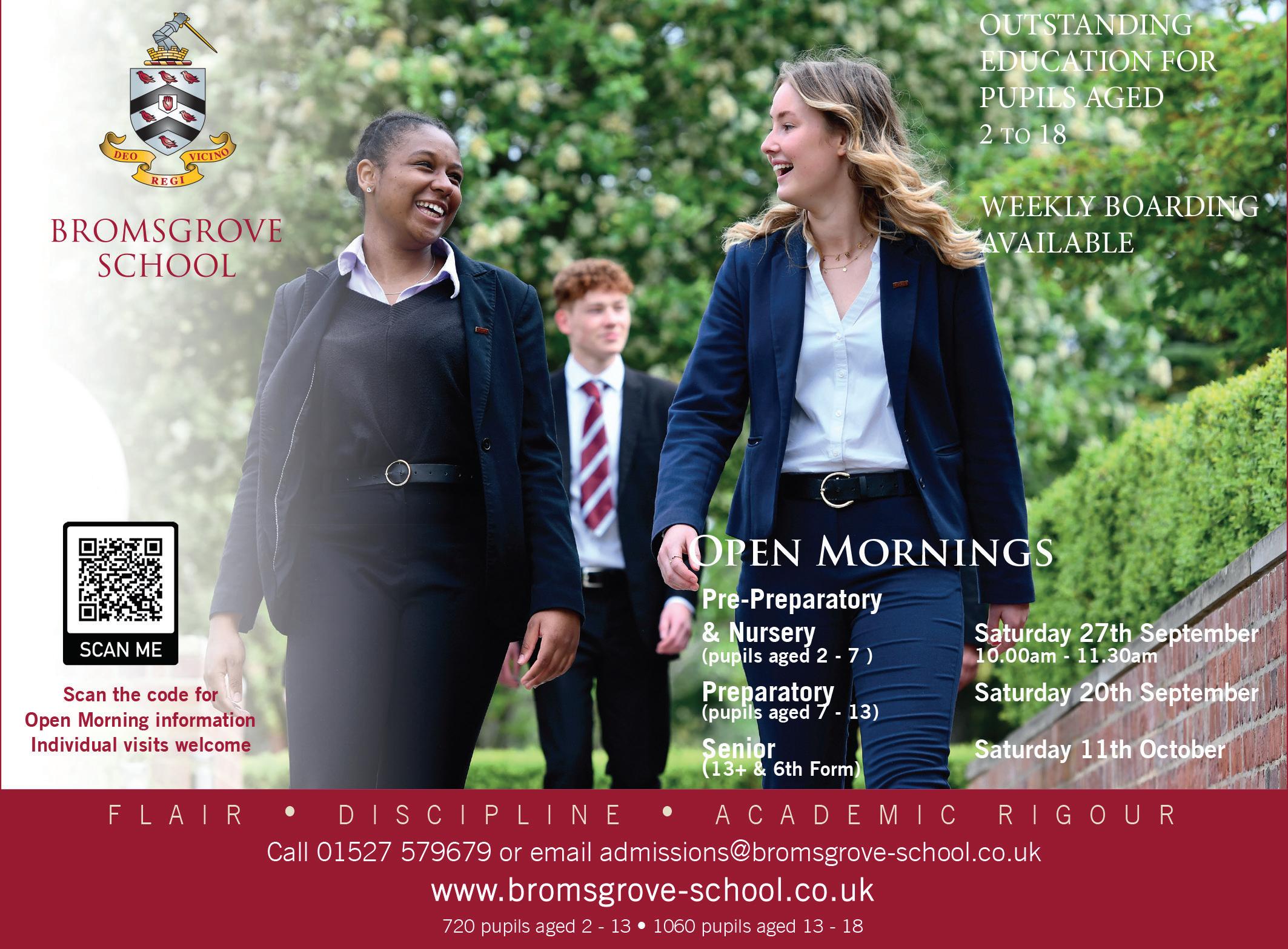

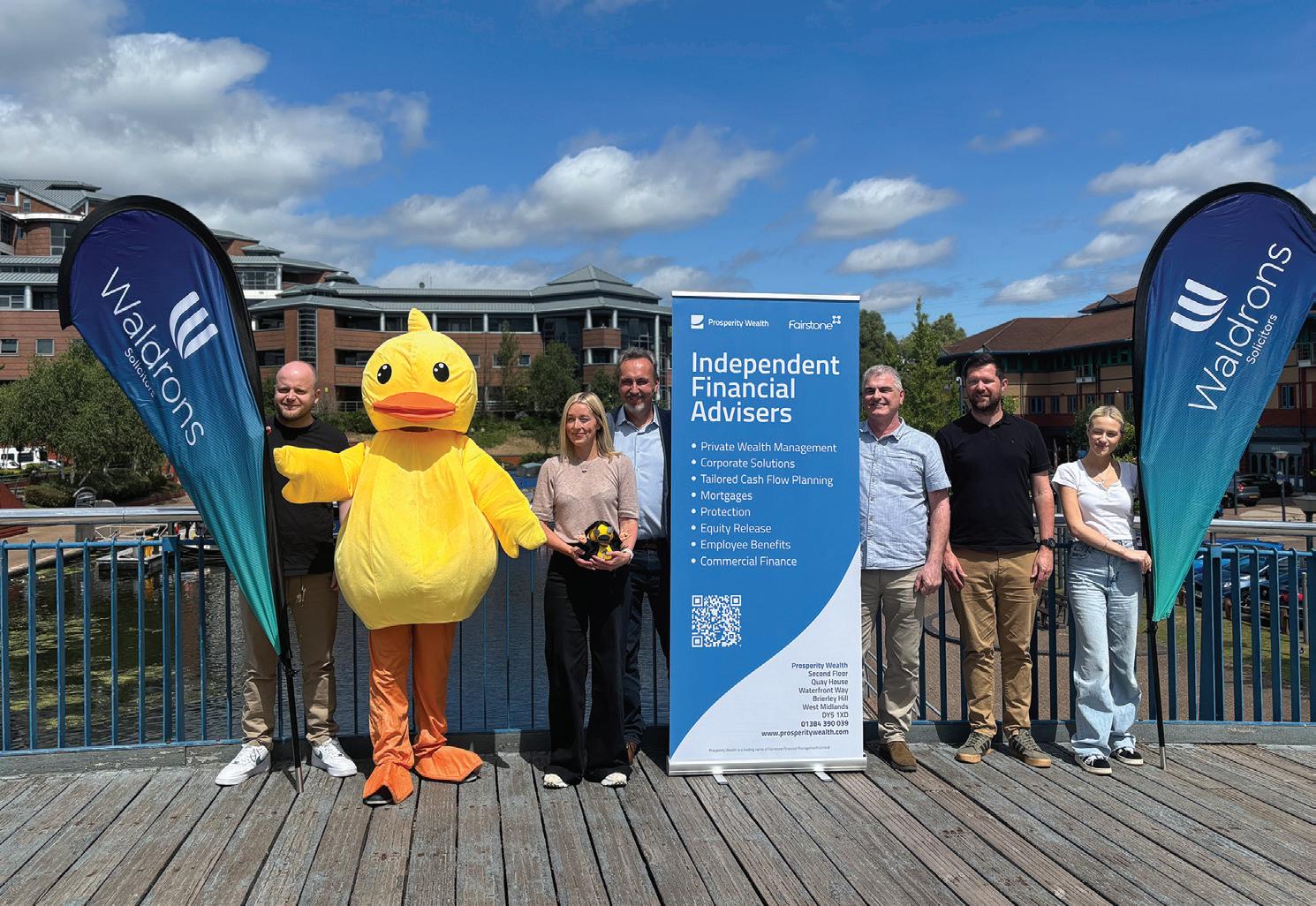
It’s been a full and joyful few weeks at Waldrons, with the firm involved in everything from family fun days to appointing specialist legal experts.
Last month saw us once again supporting the Black Country Duck Race in aid of Mary Stevens Hospice. With blue skies overhead and a brilliant turnout, it was wonderful for Waldrons to be part of this much-loved local event at the Waterfront Merry Hill. We had a great pitch by the water’s edge
and it was a pleasure chatting to so many familiar faces throughout the day.
Earlier in June, the sunshine made another appearance for the launch of the Black Country Street Sixes, held at the Black Country Living Museum. We were delighted to sponsor this event alongside Worcestershire County Cricket Club and the Worcestershire Cricket Foundation, who brought together local businesses, community groups and cricket lovers in a relaxed and lively setting. There was a real buzz throughout the evening, helped along by fish and chips, fairground rides
and the kind of atmosphere you only get at these sorts of events.
Back at the firm, we’ve welcomed several new colleagues who have hit the ground running:
• Layla Safieh, a solicitor with over eight years’ experience in breach of contract, debt recovery, defamation and litigation, has joined our Business Services team. Layla is known for her calm, commercial approach and her knack for getting things resolved quickly and sensibly.
• Shirin Hussain has joined our Private Client team as an Assistant Solicitor. Having completed her LPC with distinction and a Masters in Law, she brings not only legal expertise but a real empathy for clients navigating sensitive and sometimes emotional issues.
• We’ve also welcomed Lisa March as our new Head of People & Culture. Lisa brings lots of experience in HR and we’re excited to see how she helps us build on the positive workplace culture we’re proud of.
We’re also celebrating a significant milestone for Patrick Sheedy, our Director and Head of the Care Team. Patrick has been formally appointed to the International Child Abduction and Contact Unit. This recognition of his experience and dedication opens up new opportunities for the firm in this specialist area of work.
HCR Law Maintains Position as UK’s Leading Legal Adviser for M&A Activity
On 30 May 2025, Experian published its latest data on mergers and acquisitions (M&A) activity across the UK and the Republic of Ireland.
HCR Law has retained its position as the UK’s leading legal adviser for M&A transactions.
The firm continues to be ranked first in both the South East and South West regions, while also achieving significant progress in London, rising three places from the FY 2024 rankings to secure the top spot in the capital.
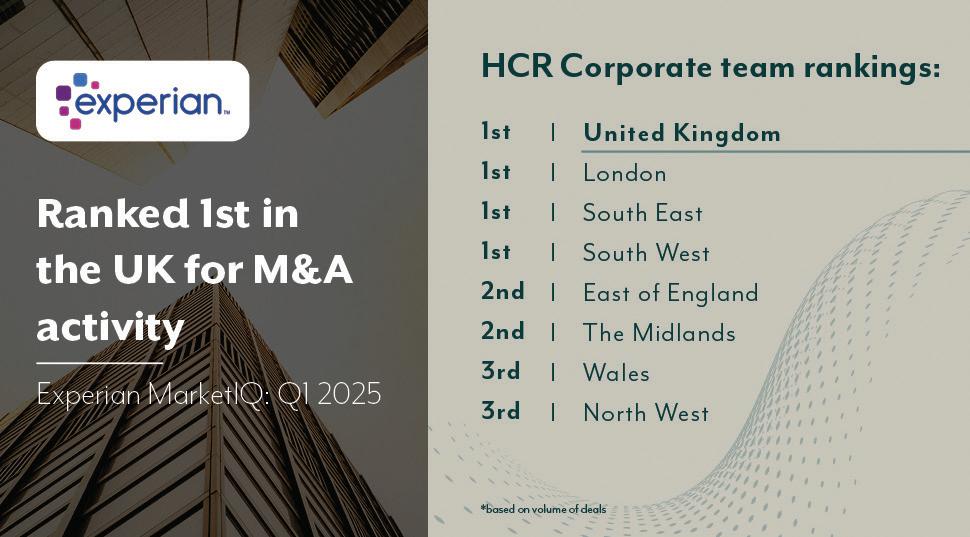
The North West also saw a notable rise in rankings. Having entered the top 10 in FY 2024, HCR Law’s Corporate team has now entered the top three for Q1 2025. Rankings for both the Midlands and Wales remain consistent with positions held from the FY 2024 report.
In every UK region where HCR Law’s Corporate team has featured in the M&A rankings, the firm has secured a topthree position, demonstrating the team's national reach.
The latest Experian report reinforces HCR Law’s position as a trusted adviser in corporate law and reflects the continued confidence placed by clients at key stages of the business lifecycle.
Commenting on the results, Richard Wilkey, Head of the National and London Corporate teams, said: “These latest rankings from Experian demonstrate the calibre and depth of our Corporate specialists across England and Wales. We’re pleased to once again be recognised as the UK’s leading legal adviser for M&A activity.
“Advising clients through an M&A transaction represents a milestone moment in any business journey. We are committed to delivering leading advice and be part of the trusted team for clients during this key business moment.”
Jane Turner, Research Manager at
Experian MarketIQ, commented on the report: “Overall, the UK remains an attractive destination for strategic and financial investors, with high-value activity laying the groundwork for renewed momentum in the mid-market segment in the months ahead.”
View the full Experian MarketIQ Q1 2025 report at: https://www.experian.co.uk/ content/dam/marketing/uki/uk/en/pdf/ MarketIQ-Report-Q1-2025.pdf
mfg Solicitors strengthens Employment team with new partner appointment
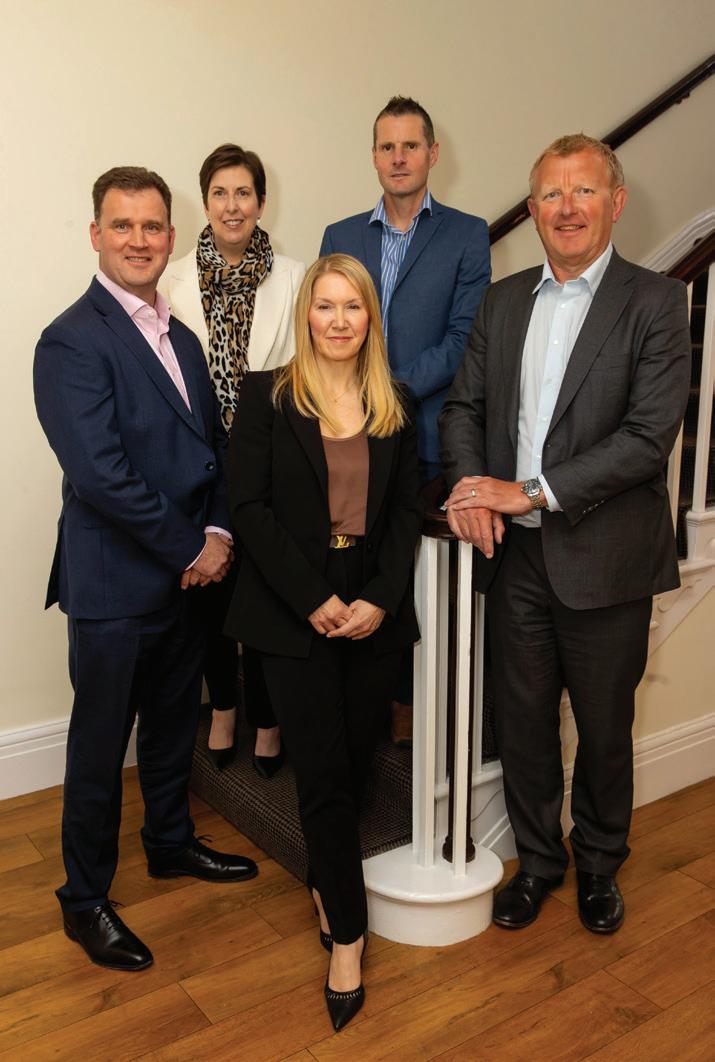
Worcestershire law firm mfg Solicitors has announced the appointment of respected employment lawyer Tim Lang as a partner within its award-winning Employment department.
With over 30 years' experience advising businesses and individuals on a range of employment-related matters, and a decade spent as an Employment Tribunal judge, Tim joins the firm after more than 20 years with George Green Solicitors where he was the senior partner and led its employment division.
His appointment comes as mfg Solicitors continues its expansion across the region, with the firm now boasting 40 partners and more than 240 staff across its six offices in Birmingham, Worcester, Kidderminster, Bromsgrove, Telford and Ludlow.
Tim’s arrival also reunites him with fellow Employment partner Beverley Smith, with whom he built strong client relations earlier in his career.
Tim Lang said: "After two decades at George Green, I felt the time was right for a new challenge. What stood out to me about mfg Solicitors was its clear strategic direction, its strong reputation across the Midlands, and its commitment to investing in its people and client relations. I’m excited to join such a forward-thinking firm at a time of significant growth.
“The firm’s Employment team already has an immense reputation and ranked highly by both Legal 500 and Chambers and Partners. I’m delighted to be joining forces with partners Sally Morris, Beverley Smith, Chris Piggott and Darryll Thomas to form one of the region’s strongest employment law teams.”
Sally Morris, partner and head of the Employment department at mfg Solicitors, added:
"We are absolutely thrilled to welcome Tim to the firm. His extensive experience, leadership skills, and strong reputation within the legal and business sectors will be an invaluable asset to our team and our clients. I look forward to working closely
with him in the months and years ahead.”
The law firm’s Employment department represents businesses and individuals across the region and the wider UK. The team advises on a variety of specialist matters including policies and procedures, discrimination and grievances, contracts, redundancies, dismissals, and advice around managing sickness absence.

We're delighted to be the Official Legal Partner to Worcester Warriors for the 2025/26 season!
As longstanding supporters of the club, we’re excited to be a part of this new chapter and look forward to cheering the team on from the stands.
Charlotte Thornton-Smith, Head of our
Worcester Office, commented: “All of us at HCR are thrilled to see Worcester Warriors back where they belong out on the pitch, going into battle each week, with fans from across the city coming together to cheer them on.
HCR Law has a longstanding association with the Club, and we're delighted to be part of their journey, bringing rugby back to Worcester, and to be named the club’s Official Legal Partner."
Law firm mfg Solicitors announces raft of specialist promotions
Worcestershire law firm mfg Solicitors has announced the internal promotions of 13 lawyers across various specialisms and offices, including the appointments of five Legal Directors.
Stepping into Legal Director roles are Private Client expert Rachel Summers and Tax and Succession Planning specialist Scott Vanes, whilst Agricultural and Rural Affairs solicitor Hannah Taylor, Lynsey Cater from the Commercial Property team, and Personal Injury lawyer David Lydon, also become Legal Directors.
At Senior Associate level, Commercial
Property solicitor Laura Moore and Stephanie Rushfirth from the firm’s Property Litigation team have also been handed promotions.
Meanwhile, the firm has also announced six solicitors being promoted to Associate. The promotions are Lucy Harrold from the Corporate department, Residential Conveyancing duo Claire Ross and Danielle Fenn, the Family team’s Kennedy Langley, and Private Client solicitors Katie Hardwick and Sam Davis
Iain Morrison, Chairman of mfg Solicitors said: “It’s a special moment for us to announce over a dozen internal promotions as we reach the midway point of what has been an extremely successful year so far.
“We are a growing firm and continue to see an increasing number of businesses and individuals coming to us for advice around a whole host of matters. To deal with those matters needs first-class, dedicated people, so I am delighted to see thirteen talented lawyers promoted into Legal Director, Senior Associate and Associate positions.
“Each promotion is thoroughly deserved, and I look forward to seeing them thrive over the months and years ahead.”


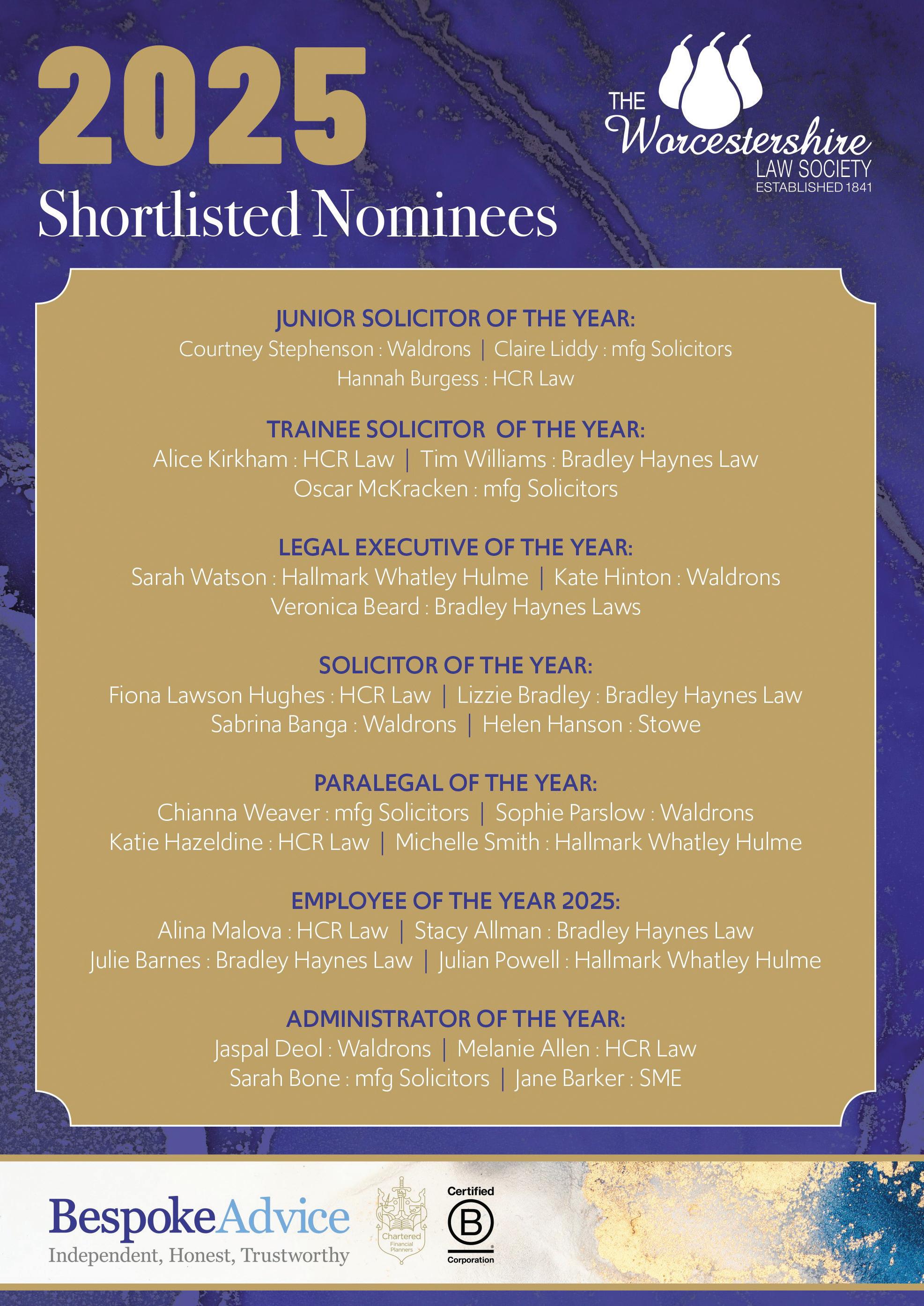
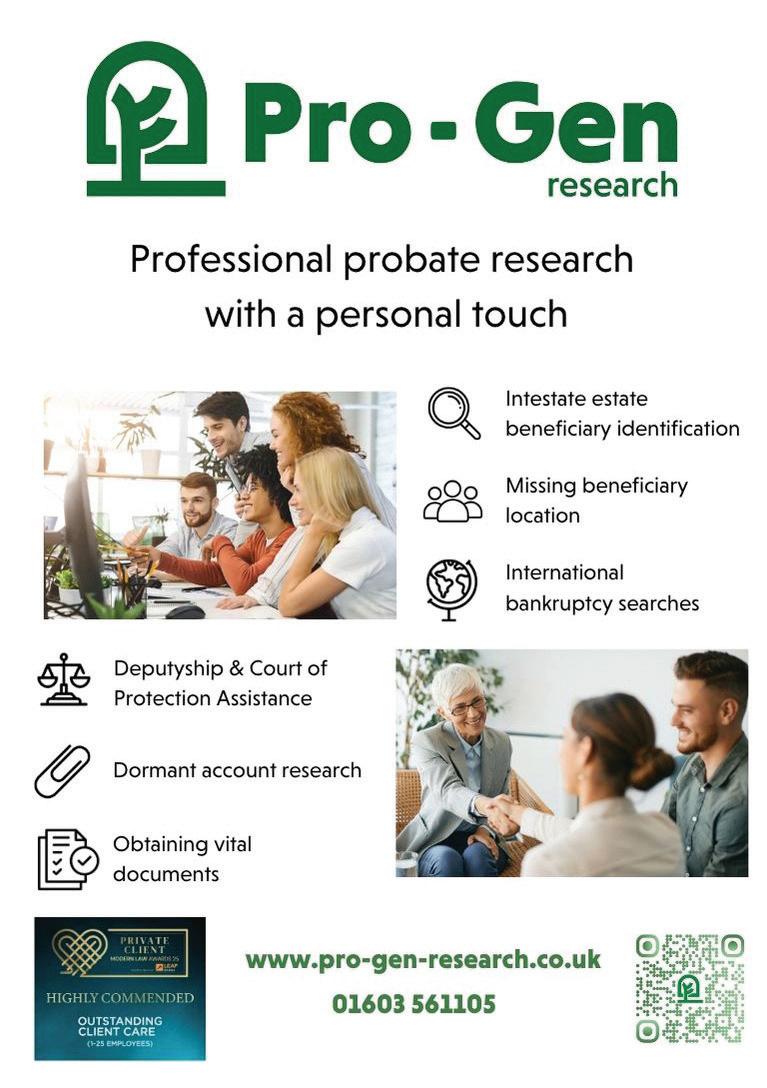
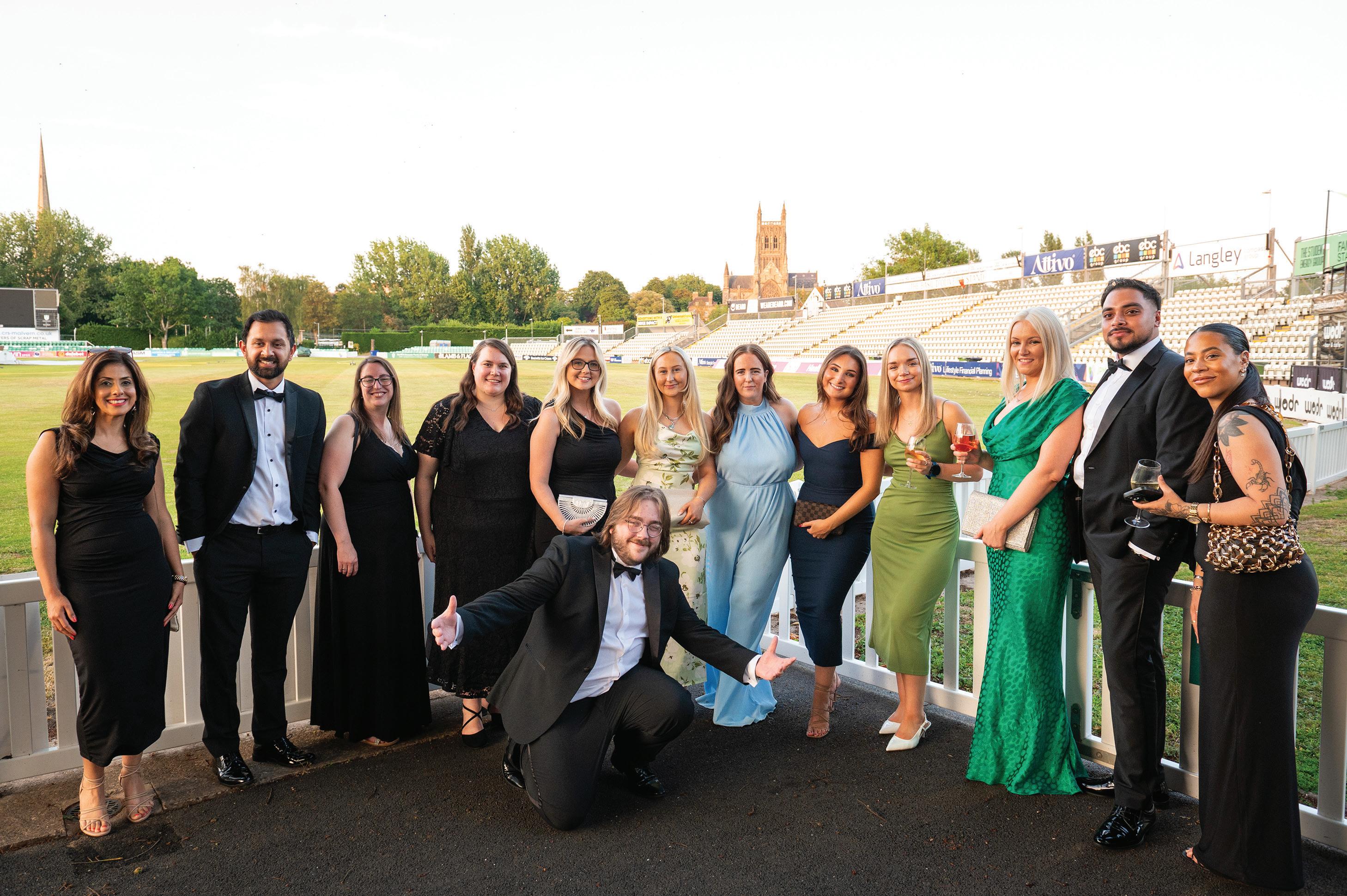
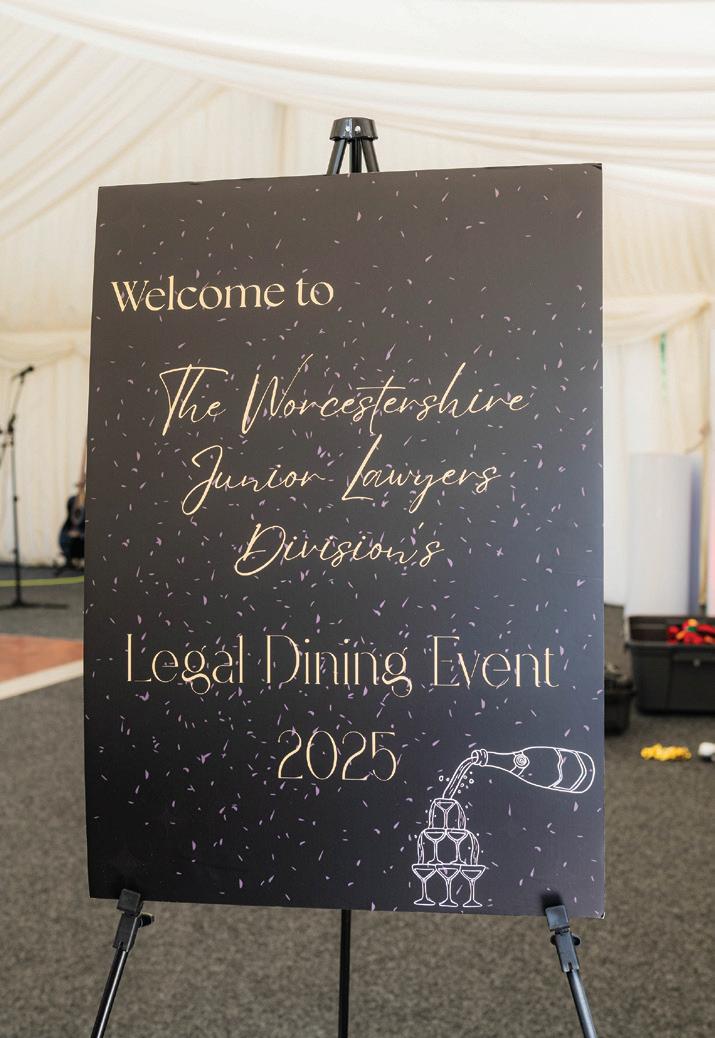
On Friday 20th June, juniors from across the county attended the Worcestershire Junior Lawyers’ Division Legal Dining
Event. The headline event of the year for the committee was a huge success, despite the very, very warm weather!
The evening saw live music from the wonderful Molly Rowe from Silverback Law and Faye, a funky photo booth and networking. A particular highlight of the evening was hearing from our two guest key speakers. Kate Collins from Bradley Haynes Law shared her touching journey and the importance of looking after ourselves and supporting one another as we navigate such a challenging career. Our second speaker, Elizabeth Miles of Greens Solicitors and the current president of the Worcester Law Society shared a brilliantly witty and moving speech about what motivates her every day in her dedication to her clients. It was safe to say every junior left feeling inspired and motivated! The committee was privileged to raise funds on the evening for the wonderful Children of Herefordshire and

Worcestershire Cancer Fund where we heard first hand just how vital fundraising is to the incredibly inspiring work the charity does, from their wonderful representative’s Laura and Dawn.
No event such as this would be possible without our incredibly generous sponsors. We are so thankful to No5 Chambers, BCL Legal and Anja Potze Jewellery for their support and for recognising the importance of supporting our juniors.
And finally, thank you to our local firms HCR Legal LLP, MFG Solicitors, Silverback Law, Bradley Haynes Law and Greens Solicitors whose senior representatives attended to network with juniors and support the event.
The night finally finished off with live music, dancing and some limoncello before carriages. We are so grateful to everyone who came and hope everyone had a wonderful time!
It was a great honour to be invited as a guest speaker at the recent Worcestershire Junior Lawyers Division (WJLD) Legal Dining event, a memorable evening that
brought together legal professionals at various stages of their careers. I was genuinely humbled to have been asked to speak and deeply grateful for the opportunity to share my personal journey into the legal profession.
During my talk, I focused on the importance of junior lawyers supporting not only one another but also themselves as they navigate the early stages of their careers and the challenges inherent in legal practice. I emphasised that while the work we do isn’t always easy, it is meaningful. By lifting each other up, we strengthen the resilience of our profession as a whole.

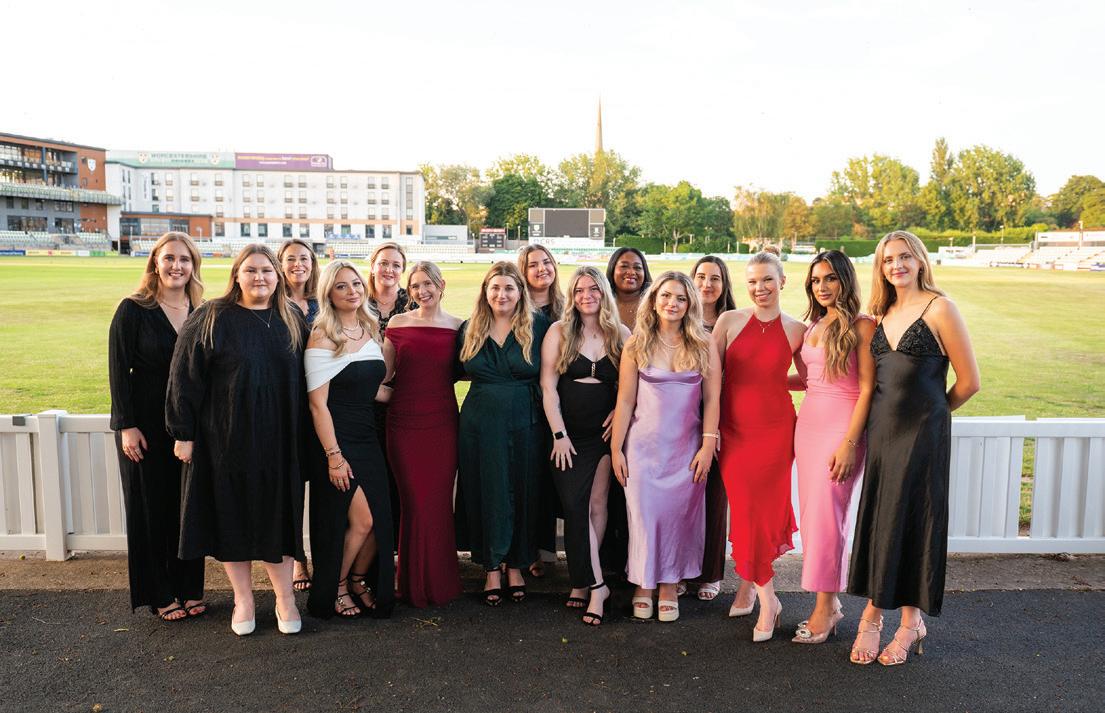
The evening served as a timely reminder of the power of community within the legal sector. It was also a privilege to contribute to an event that supported the vital work of the NHS Trust, adding an additional layer of significance to an already remarkable gathering.
My sincere thanks to the WJLD Committee for organising such a fantastic event, and to everyone who attended for their support and participation.
Kate Collins
Solicitor and Director, Bradley Haynes Law



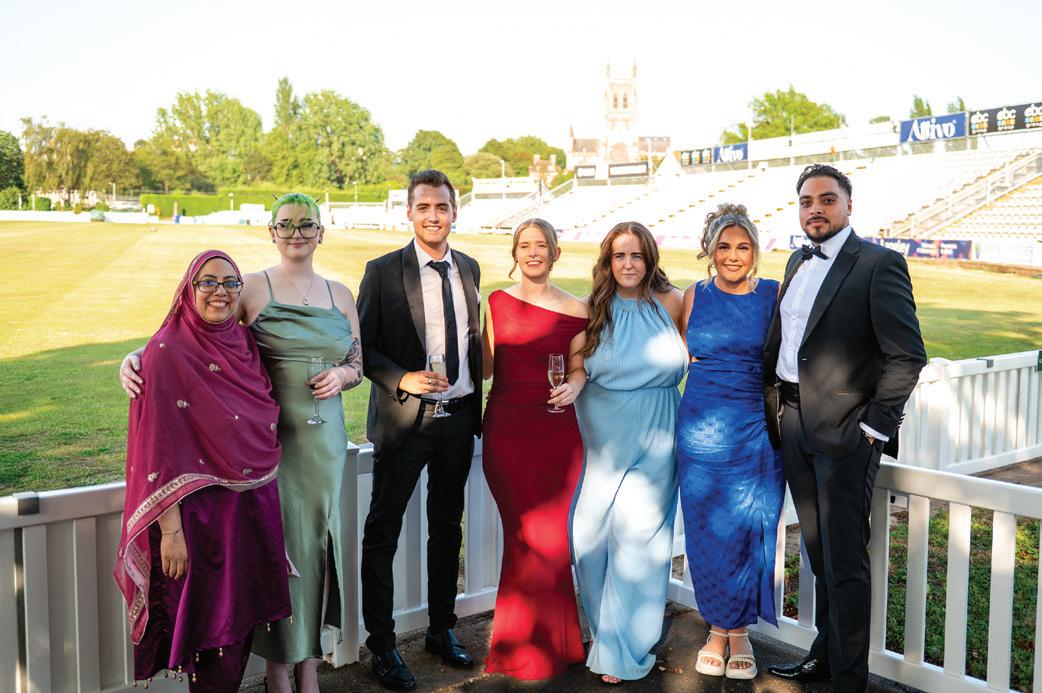
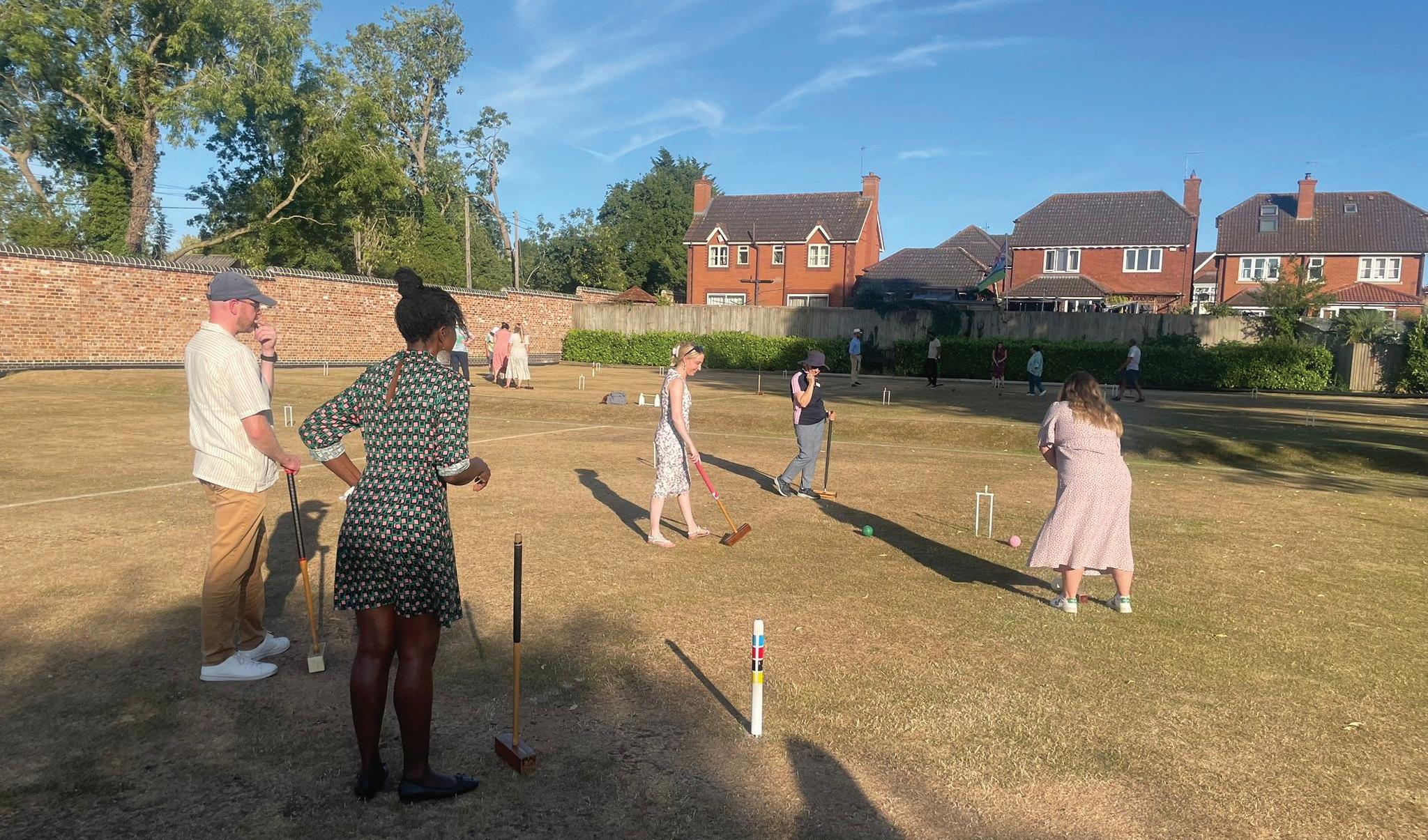
The Pimms and Croquet evening is always one of our favourite evenings that WLS puts on. This year’s was no exception.
Five teams were ably supported by the valiant, patient and knowledgeable members of the Norton Croquet Club.
This event always brings out a newfound
competitive streak for our teams and this year was no different.
The Pimm’s and prosecco went down a treat with an amazing selection of grazing boards, full of cold meats and cheese. We were also incredibly lucky with the weather and attendees basked in gorgeous sunshine!
Thank you to No 5 Chambers for once
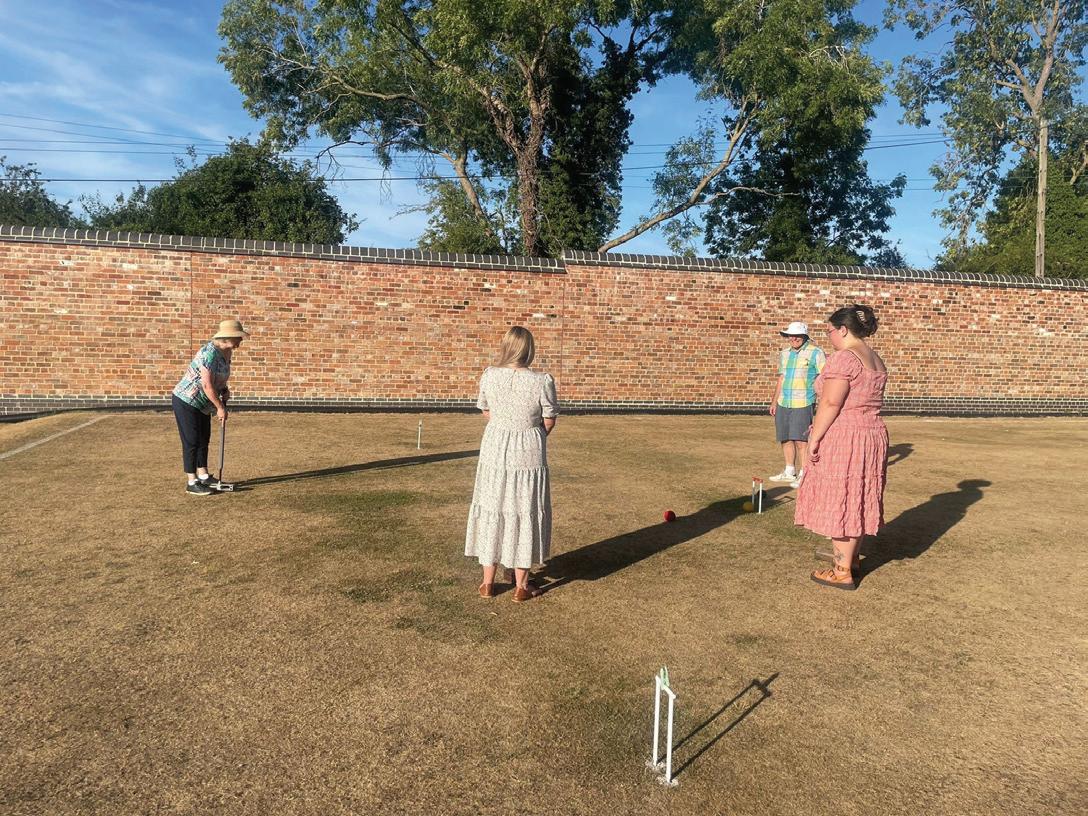
again sponsoring the event and turning out to support the WLS, to the members of Norton Croquet Club for sorting out the details and providing the clubhouse.
Clare Radburn from No 5 Chambers commented “Great fun at this year’s WLS Croquet event and yet again the weather did not let us down! Pimm’s, sunshine and fabulous company – what is not to love!”
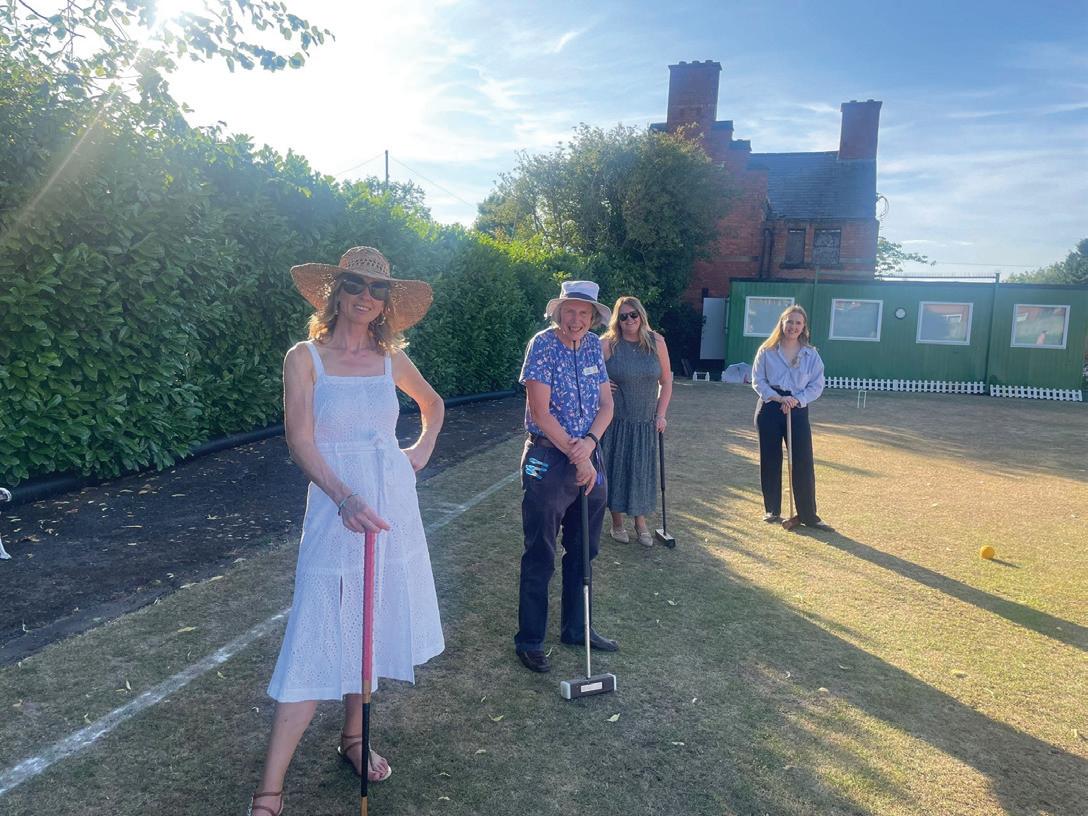



person to reflect, Lily-May’s story will have made a difference.”
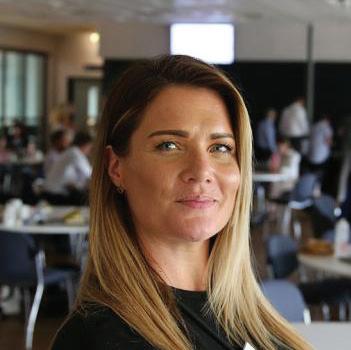
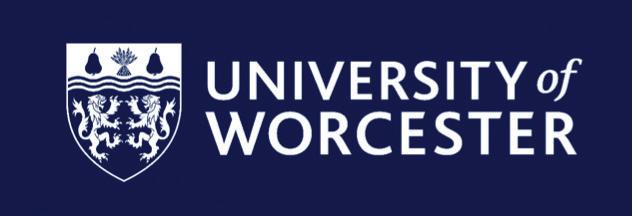
Stark statistics, shocking stories, and insights into policing methods were all part of the Evidence Based Policing Conference at the University of Worcester recently.
The event, attended by students, staff, and representatives from a host of organisations, addressed topics ranging from serious domestic abuse to deaths on our roads.
Speakers included world renowned criminology experts Professor Jane Monckton-Smith and Dr Gillian Harrop, as well as the Chief Constable of West Mercia Police.
Also speaking at the conference were the father of a woman who was killed by her ex-partner and the mother of a girl killed in a road traffic incident.
Nick Gazzard OBE’s daughter Hollie was just 20 when she was stabbed by her exboyfriend while she worked at a hair salon. He has since set up a trust in her name and campaigned to educate young people about domestic violence.
Professor Jane Monckton Smith opened the conference with the keynote address, where she discussed statistics relating to domestic abuse, honour killings and partner killings.

Professor Monckton-Smith also discussed cases she has worked on in recent years around coercive control and ‘staged homicide’, where a murder is staged as an accident or a suicide.
The conference also heard from Leanne Vaughan, the mother of 17-year-old LilyMay from Kidderminster, who was killed in a road traffic incident, and the Serious Collision Investigation Unit about how they lead investigations and how policing on the roads can prevent harm.
“Having once had my voice stifled by the criminal justice system, the invitation to speak at the conference was profoundly meaningful,” said Leanne.
She added: “If my words prompt even one
Michelle Clarke, Head of the School of Law at the University of Worcester, said: “The University of Worcester and the School of Law are committed to ensuring we do everything we can do to inform the discussion around how we reduce harm in our society, in all its forms.”
She continued: “This Evidence Based Policing Conference was a chance to look at the experience and expertise of some incredibly knowledgeable and influential people and see how it can be applied to modern policing methods.”
She added: “If we can change the course of behaviours in just one person, we could save a life. Events like this have the potential to enable those changes on a societal basis.”
“I’d like to thank every speaker,” she said. “From the Chief Constable and the experts, to the moving and powerful presentations by parents who have had their children taken away from them.
“Conversations like this can be very difficult to have, so it’s vital we don’t shy away from them.”
To read more about the vital work the Hollie Gazzard Trust is involved in, you can visit their website.
For information on courses at University of Worcester visit www.worcester.ac.uk or for application enquiries telephone 01905 855111 or email admissions@worc.ac.uk

• 92% of professional advisers say that estate and tax planning will become even more important following the Inheritance Tax (IHT) changes announced in the 2024 Autumn Statement;
• 60% say they are already receiving more requests for advice;
• 65% say charitable tax incentives will become even more important to their client base; and
• 62% think more people will consider leaving a gift to charity.
Upcoming Inheritance Tax (IHT) changes are already beginning to influence the charitable Will-writing and estates market, with professional advisers reporting an increase in demand for estate planning advice and predicting a rise in charitable legacy giving, according to new research from Remember A Charity.
The changing IHT landscape In the Autumn Budget 2024, the Chancellor announced that IHT thresholds would remain frozen until 2030, with pension wealth no longer exempt from IHT from April 2027. As such, it’s estimated that the proportion of estates facing an IHT bill will almost double by 2030.
Remember A Charity’s Professional Adviser Tracking Study* – carried out by Savanta – reveals that 60% of professional advisers (solicitors, Will-writers and financial advisers) are reporting an increase in requests for advice about estate or inheritance planning since the IHT changes were announced. 9 in 10 advisers expect estate and tax planning to become more important under the IHT changes (92%), and that more people will need to consider how to mitigate the tax due (91%). Only 15% think there will be no discernible impact from the changes.
As more estates fall within the scope of IHT, two thirds of advisers believe that the charitable tax incentives will become an even more important consideration
for their clients (65%), and that a greater number of people will consider leaving a gift to charity from their estate (62%). Charitable gifts are exempt from IHT and estates that donate 10% or more of the net value can qualify for the reduced IHT rate of 36%.

Tanya Watson, Chartered Tax Adviser and Senior Director at Alvarez & Marsal Tax LLP, says:
“The changes to IHT are prompting a fundamental reassessment of estate planning strategies, particularly among clients who may not have previously been impacted. What we’re seeing is a growing need for tailored advice that balances financial objectives with personal values. Charitable giving can be a highly effective planning tool, and these changes provide a timely reason for advisers to revisit legacy plans with clients who may not have considered this route before.”

Eleanor Evans TEP, Partner, Trusts and Estates Administration at Hugh James, says:
“We’re already seeing an increase in clients seeking early advice on estate planning. Many people choose to leave legacies to benefit a cause they care about, and the tax breaks for gifts to charity provide an added incentive. As more estates will become liable for IHT once the changes take effect, charitable giving is becoming an increasingly important part of the estate planning conversation.”
Advisers communicating charitable giving more actively
When it comes to Will-writing, over two thirds (77%) of solicitors and Will-writers now say they always or sometimes proactively raise the charitable option with clients (up from 72% in 2023). Charitable gifts are becoming more prevalent over time, with an average of 21% of Wills
written through a solicitor or Will-writer now including a donation. This rises to 24% amongst those who always reference charitable legacies with clients and falls to 14% of those who never do.
Tax incentives are the most prevalent reason advisers give for raising the topic of legacy giving with clients. 92% of solicitors and Will-writers and 86% of financial advisers in the study say they always or sometimes advise their Will-writing clients of the charitable tax incentives.
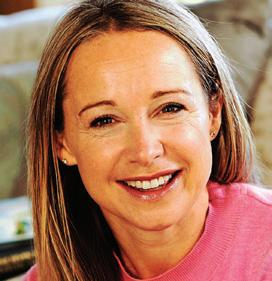
Lucinda Frostick, Director of Remember A Charity – the consortium of UK charities working to grow the legacy giving market, explains:
“Across the advisory spectrum, we’re seeing more advisers referencing the option of charitable giving when talking to clients about their estate and inheritance planning. While the reasons for giving extend far beyond tax incentives, the fiscal framework forms a natural starting point and these IHT changes make the legacy conversation even more relevant to a wider group. This is helping to build understanding of legacy giving and to inspire more people to support the good causes they care about – alongside their loved ones – from their estate.”
Remember A Charity works with professional advisers, legal partners, regulators, trade bodies and government to build awareness about legacy giving. Find out more at www.rememberacharity. org.uk/advisers.
* A summary report of the findings is available here:
https://www.rememberacharity.org.uk/ media/seflc0aj/savanta-summary-report2025-public-june-2025.pdf


Worcestershire Community Foundation (WCF), one of the County’s major charitable grant makers, works with Professional Advisors to support your clients to give to local causes that really mean something to them both during their lifetime or beyond.
When an individual or family choose to give charitably, they have a number of options available. We understand these options and can work with you to develop a charitable giving plan that meets your clients’ financial and philanthropic wishes. We handle all cases sensitively, helping your clients to leave a lasting legacy for future generations.
We know from over 20 years of charity experience in Worcestershire that giving to local causes in the place they love is highly rewarding for donors. We know the County’s needs and hold a large database of community organisations.
We can provide you with flexible, taxefficient and effective solutions for families, corporates and trusts to make a lasting difference in our communities through our professional administration of charitable giving. Working with us will take away the burden of setting up and running a charity.
A case study:
‘A local solicitor from the private client team came to WCF saying that they had a client who wished to set up a charitable endowment fund during their lifetime, with a view to generating income to give out to charities in Worcestershire in perpetuity. After their death they also wished to leave a residual sum to their fund to follow the same aims.
The solicitor connected us directly with the client to discuss with them their aims for the fund, and to explain how a fund with us would work and what we could
do for them. We wanted to know if they had set charities they wished to support or whether they would like to select a broader theme to give more flexibility; we talked about the endowment and how it would be invested, and how the funding could be distributed. Above all, we highlighted that the donor would ultimately be the fund-holder and that they would at all times be able to decide on who received their money, with our advice and knowledge to support them!
Their fund is now up and running, part of our endowment and giving out funding sustainably every year to community groups of their choice!’
Forfurtherinformationonworkingwith WCForsettingupafundpleasecontact: Lucy Wells lucy.wells@worcscf.org.uk/ 07909 111812.


The Charity Commission has published its annual public and trustee research, revealing a stark long-term rise in people seeking charitable support amid continued high levels of public trust in charities.
The Commission’s annual survey of public attitudes to charities reveals that in the last year 9% of people received food, medical or financial support from charitable organisations, compared to just 3% five years ago.
While demand for such services has risen dramatically, the Commission’s research shows that charities themselves are feeling increased financial pressure.
Over the same five-year period, the proportion of people who said they’d donated to, or raised funds for charity in the past year, fell from 62% to 48% as households have felt the pinch.
Nearly half of charity trustees said their charity had been forced to make changes as a result of cost-of-living pressures in the past year (46%). This included stopping some services (11%) and using more of their reserves than expected (17%).
Against the backdrop of these challenges, public trust in charities remains high, with almost 60% of people reporting high trust in charities – placing them second only to doctors among trusted institutions.
The research indicated that public confidence in charitable spending has improved, with over 6 in 10 people believing donations are reaching the intended cause. This confidence has risen by 7 percentage points in 12 months.
In other findings, the research suggested that charities’ campaigning activities are unlikely to diminish public support in their work – and for nearly half, may increase it. Fewer than 1 in 20 said they would be less likely to support a charity that campaigned, suggesting continued public support for charities that advocate for their beneficiaries.
In the Commission’s annual survey of trustees, also released today, there are signs of slight improvement in banking services, after the regulator and its partners highlighted persistent issues for many charities.
The research found that 38% of trustees reported problems with their charity’s bank, which is down from 42% in 2024, but remains an issue for many.
Charity Commission Chief Executive, David Holdsworth, said: “These findings highlight the central role of the charitable sector at a time of significant pressures in wider society.
“Charities are providing a vital lifeline to ever more people, while

simultaneously navigating their own financial challenges as donors feel the pinch.
“It’s encouraging to see improved public confidence in charitable spending, though there is no room for complacency. Charities must continue to keep their charitable purposes central to everything they do because this remains a key driver in maintaining public trust.
“The data paints both a challenging picture and a hopeful one – showing a sector that continues to be a bedrock of support and community for people across the country as well as overseas, despite navigating unprecedented demand in an increasingly unstable global landscape.”
The full findings can be found on gov.uk

Mistakes are a normal part of life. But in the legal sector, where accuracy and high standards are expected, the fear of making a mistake can feel overwhelming. At LawCare, we often hear from people who worry about past mistakes or feel anxious about what could go wrong in the future.
For some, this fear takes over. We’ve spoken to people who keep going over past decisions, questioning themselves, and believing they’ve made a huge mistake they can’t fix. Others worry so much about making a mistake that they struggle to focus, put things off, doubt their choices, or even avoid tasks completely.
These worries don’t just disappear when the workday ends. Many legal professionals tell us they struggle to sleep because of anxious thoughts, replaying case details or conversations in their heads late into the night. Some describe waking up with a racing heart, feeling physically sick at the thought of what might happen if they make a mistake.
Why does this happen in the legal sector?
The legal sector places high expectations on its people. Lawyers, paralegals, trainees, and support staff often work in environments where mistakes can have serious consequences - for clients,
cases, the reputation of the employer and careers.
There are several reasons why people have a strong fear of making mistakes:
• Pressure to be perfect – Many people in law feel they must get everything right, often setting impossible standards for themselves. The work can be complex with tight deadlines and high regulatory standards.
• High stakes – In legal work, even small mistakes can feel significant due to the potential for serious outcomes.
• Fear of judgement – Worrying about what colleagues, supervisors, or clients think can make mistakes feel like personal failures.
• Blame culture – In some workplaces, mistakes aren’t treated as learning experiences, making it hard for people to admit errors or move forward after making one.
The impact of constant anxiety
When the fear of making mistakes takes over, it doesn’t just affect work - it can harm mental and physical health too. Constant worry can lead to burnout, making it harder to focus and stay motivated. It can also knock confidence, causing self-doubt even when things are going well. Some people start putting off tasks or avoiding opportunities because they’re afraid of getting things wrong. Anxiety can also show up in physical ways, like headaches, stomach problems, tense muscles, and trouble sleeping.
Moving forward: how to manage fear of mistakes
If this all sounds familiar, here are a few ideas that might help:
1. Acknowledge negative thoughts – It’s common when we’re under stress to jump to worst-case scenarios, particularly in law where it’s often part of the training. If you keep stressing over a mistake, take a moment to acknowledge those thoughts. What would you say to a
friend feeling the same way? Indulge in some self-care, which might free up some headspace to think things through more clearly.
2. Speak to someone you trust –Whether it’s a mentor, colleague, or a support service (like LawCare). Talking about your worries can help you see things more clearly
3. See mistakes as a chance to learn –No one gets everything right 100% of the time. Instead of viewing mistakes as failures, try to see them as opportunities to grow and improve.
4. Be realistic – No one is perfect. Focus on doing your best instead of trying to be flawless.
5. It is so important to be kind to yourself. Mistakes don’t define you; they’re a normal part of life.
You’re not alone
If you’re feeling anxious about making mistakes, you’re not alone - lots of people in the legal sector feel this way too. Support is available, and you don’t have to deal with it on your own.
Talking about your worries can help.
At LawCare, we provide confidential, non-judgemental support to anyone in the legal sector who is struggling with stress, anxiety, sleep problems, or anything else that’s making life difficult. We’re here for you.
Call LawCare for a confidential chat on 0800 279 6888
Use LawCare’s online chat at www. lawcare.org.uk to connect with a real person who understands
Email LawCare at support@lawcare.org.uk
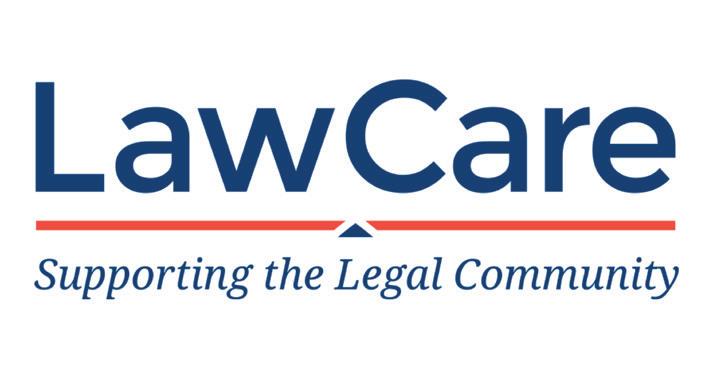


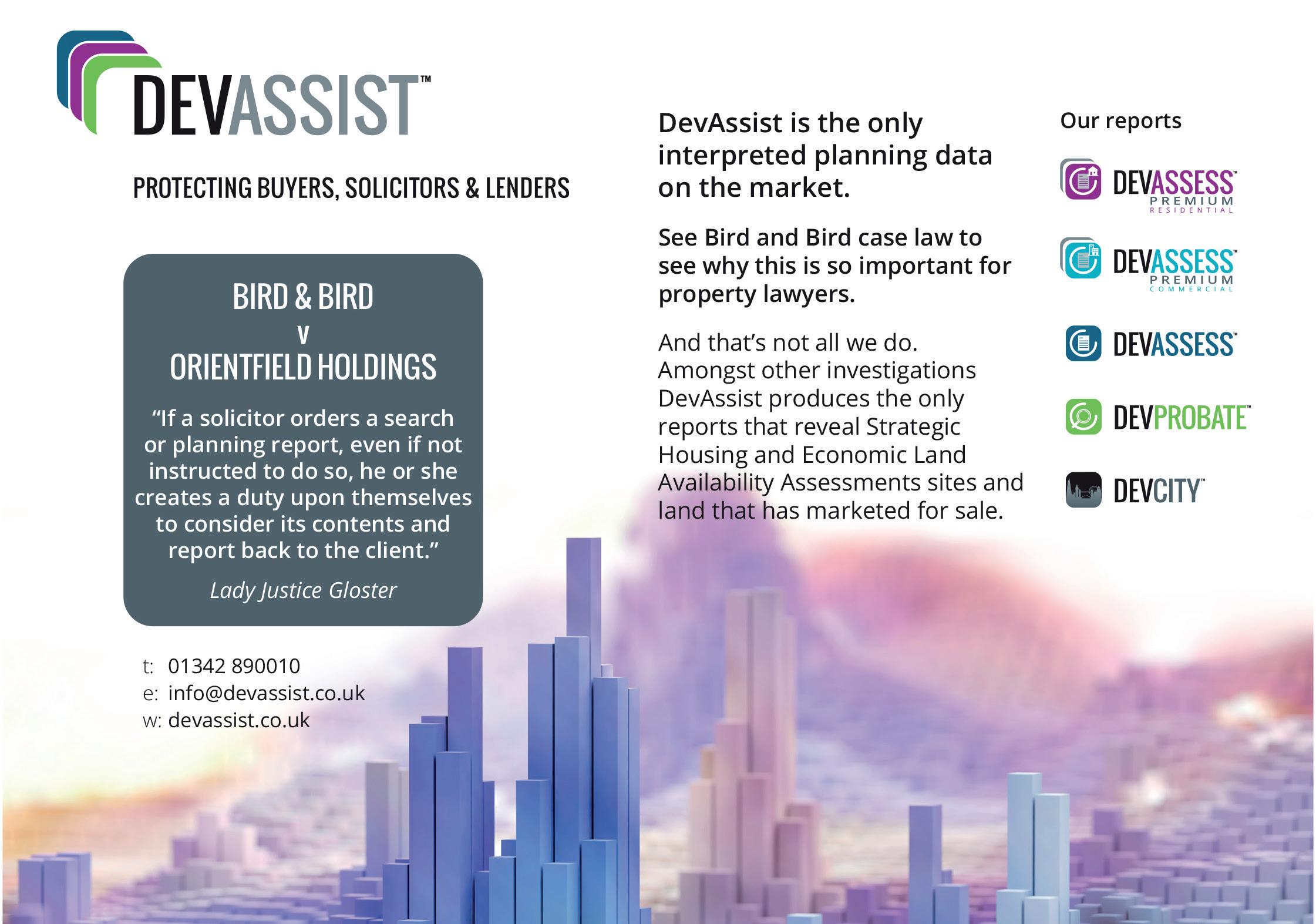
By Shu Shin Luh and Connor Johnston
ISBN: 978 1 913648 53 4 (book) 978 1 913648 54 1 (ebook)
LEGAL ACTION GROUP
The access to justice charity www.lag.org.uk

An indispensable handbook for specialists in immigration law, yet accessible to all interested readers
Is there a new law text out there that is more topical than this?
Not to mention more vital than this? Probably not -- although many may well argue the point. It is indisputable, however, that mass migration, whether legal or illegal, has become an international problem, particularly for the UK -- and in the view of many -- it is a problem that is well-nigh insoluble.
It is fair to say, however, that immigration lawyers in particular -- as well as anyone involved in, or committed to, achieving viable solutions to the problems inherent in migrant support -- will welcome the publication of this book by the Legal Action Group.
Authors Shu Shin Luh and Connor Johnston have noted that the book (conceived some six years ago) was painstakingly researched and written to ‘replace the irreplaceable’ “Support For Asylum-Seekers” by Sue Willman and Steve Knaffer QC, published by LAG in 2009. It is sobering to recall how much and how quickly and relentlessly the world has changed since then -- making the problem of asylum seekers ever more acute.
The publication of this book is therefore all the timelier. And certainly, the almost insoluble complexity of its subject matter is reflected in its more than 1,2000 pages of scholarly and thorough research presented (in the tradition of the LAG) in a clear, accessible style; accessible, that is, not only to lawyers, but to anyone interested in, or involved with, this detailed and certainly controversial and difficult subject, which has occasioned so much debate.
With its focus on the welfare and legal rights of migrants, the book provides in-depth coverage of, for example, housing and welfare, benefits, NHS access and provision and social services, as well as support for failed asylum seekers with reference to special cases; notably unaccompanied children and -- most heart-rending of all -- the victims of human trafficking.
by Elizabeth Robson Taylor MA of Richmond Green Chambers & Phillip Taylor MBE, Head of Chambers, Reviews Editor, “The Barrister”, and Mediator
This is a handbook you could almost call encyclopaedic. Certainly, it offers specialists in this wide-ranging and many-faceted and complex area of law, a gateway to further research. Note that the first 150 or so pages contain tables of cases... statutes... statutory instruments... immigration rules... and a table of European and international legislation. Also, for a volume its size, it is remarkably easy to navigate, containing as it does, copious footnotes, a detailed table of contents and an even more minutely detailed index of at least 115 pages. A handy handbook? Absolutely.
As immigration -- both legal and illegal -will undoubtedly emerge as a prime issue during elections and beyond, this scholarly yet eminently readable volume will prove indispensable, not only to practitioners, but to anyone interested in the wide-ranging issues inherent in this undeniably difficult area of law.
The date of publication is stated as at December 2023.
CHARGING ORDERS ON LAND Law, Practice and Precedents Second Edition
Editors: Cecily Crampin and Michael Ransom and members of Falcon Chambers
ISBN 978 0 85490 3 436
WILDY, SIMMONDS & HILL PUBLISHING www.wildy.com

Charging orders on a debtor’s property: Clear, authoritative and practical advice from falcon chambers
“Charging Orders on Land” has now arrived as a second edition from Falcon Chambers for 2024 -- an event which will certainly be welcomed by counsel embroiled in the specifics of charging orders, which, more often than not, present special problems.
What we have here is a highly specialised and quite narrow area of law in which attention to minute detail is all too often imperative. The precedents at the back of the book are of great assistance to those involved in drafting orders.
Fortunately for practitioners and judges dealing with the challenge of changing orders, this distinguished text published by Wildy, Simmonds & Hill, presents up to date and authoritative help in what is now regarded as the definitive work on the subject.
Editors Cecily Crampin and Michael Ransom are assisted by nine contributors from Falcon Chambers, known as the set which specialises in land law and landlord and tenant work. Practitioners seeking guidance from this new and updated edition can be confident that they are in good hands. For example, there’s a new chapter on insolvency regimes, plus the inclusion of new CPR procedures and precedents.
This then, is an ample and detailed compendium of practical advice and guidance on ‘the enforcement of money judgements by means of obtaining a charging order.’ Initially, this may sound straightforward, except that all too often it isn’t, as any number of complications can occur within the various stages of enforcement on which there is a special chapter. Also read the chapter on priorities and problems and note the specialist advice on sanctions, tenanted property, overseas entities and much more, including the new chapter on corporate and personal insolvency.
Certainly the book can be depended upon to explain or clarify the various -- and seemingly endless -- snags and contingencies that frequently occur within this particular category of law, including (probably the most frequent of all) the cases which come under the heading of ‘Personal Circumstances: the family home’ which typically is balanced against the claims of the judgment debtor’s spouse... or possibly former, or divorcing spouse... or ‘any children who live in the property to be shared.’
It is also carefully pointed out that sometimes in such cases, the charging order can be withheld, or the interest of one party, for example, can be transferred to the other. Small wonder then that, in the opinion of quite a few practitioners, the concept of the charging order all too often presents a serious impediment to selling a house and clogging up the already stretched housing market.
Considering the often complicated and sometimes controversial area of law, it is reassuring for the busy practitioners that this comprehensive and carefully researched legal text is easy to navigate. The table of contents is almost minutely detailed, and the extensive appendices offer more than 100 pages of statutory material and precedents -- an invaluable resource which will be of special interest to counsel charged with drafting orders. Also note the tables of cases, statutes, and statutory instruments, plus tables of European conventions and other material.
Any practitioner involved in this highly specialised area will find this comprehensive and carefully researched legal text well-nigh indispensable.
The date of publication of the hardback second edition is cited as January 2024.
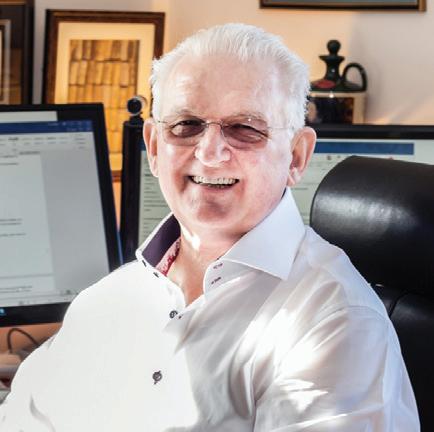
You may have seen my article last December, and many similar from other mediators, with the title “Have the FloodgatesFinallyOpened?” We rejoiced at the case of Churchill-v-MerthyrTydfil County Borough Council [2023] EWCA Civ 1416 where, at long last, the Court of Appeal overturned Halsey -v- Milton Keynes General NHS Trust [2004] EWCA Civ 576 where Dyson LJ had said this:
“…to oblige truly unwilling parties to refer their disputes to mediation would be to impose an unacceptable obstruction to their right of access to the court” and that this would offend Article 6 of the European Convention on Human Rights, which establishes the right to a fair trial.
Well, now there isn’t an obstruction. Sir Geoffrey Vos, Master of the Rolls, decided that a judge can now insist that the parties go to mediation before being allowed a hearing. So all those years where judges imposed costs orders, made pointed remarks from the bench, kept parties waiting for many months, are over. Yippee! Parties can be helped by a friendly mediator, promptly and at modest cost, and have their own solution to their dispute. Wonderful!
Yet the bad news continues. We recently read of an elderly lady called Christel Naish, in dispute with married doctors next door, over a tap and a pipe which hung a couple of inches – a couple of inches – over the adjoining property. Legal costs to date? £280,000. And there’s to be an appeal. What a waste!
But I have lots of examples where I have mediated boundary disputes, where at least the parties had the good sense to mediate, yet if settlement isn’t achieved they can spend good money on legal fees. Let me tell you about one of them.
Along a street in a local town was a row of
between-the-wars semidetached houses. Two such shared an unmade drive. On one side, the householder smartened up his house with a kitchen extension which went right up to what may have been the border, and he finished the job by laying paviours right up to where he thought was his share of the joint drive. And we can’t rely on a Land Registry plan to decide the exact position of the border; if we scale up the red line on the plan it will be about three feet wide!
So Makin goes along as mediator, has a good chat with everyone (in their separate homes; no fraternising!) and, bit by bit, we make progress and there is agreement on where the boundary is. Better still, paviours man agrees to pull back a row of paviours which encroached on what was now next door’s property. All good news.
We even reached agreement where next door allowed paviour man to go onto their side of the border to fix the gutters on the kitchen extension; that hadn’t been possible because the chap next door had not allowed access.
Then we came to the sticking point. When the shared drive had been undeveloped, next door had erected a gatepost so that he could close off his back garden. The trouble was that, now we had defined and agreed the border, that gatepost was on paviour man’s property. And would this chap agree to move his gatepost now that it didn’t serve any purpose? We agreed to meet another day, and lawyers attended, but gatepost man would not budge.
I asked both lawyers for their estimate of future legal costs if the case went to court, and they both said £100,000. So, on top of what had already been spent, the losing party at trial would have to pay their own costs of £100,000 and then, allowing for say 30% “taxed off”, another £70,000. Madness! And what was worse, £170,000 was more than the equity either party had in their own home; in fact, even ignoring mortgages, the houses were not worth much more.
So after two days of negotiation, the first day very satisfying, we were left with the parties going to court, and the loser probably having to sell their home.
That isn’t far from where we came in with Christel Naish
So is there a floodgate of mediations keeping people like me busy? Well, I haven’t seen much difference yet. Fortunately, mediation isn’t my day job, though I will always drop everything for a mediation because it’s so satisfying. But my main job is as a forensic accountant and expert witness, and in that I am truly bursting with work. That’s on a vast range of cases; everybody wants to go to court. Why? I make a very good living as a forensic accountant, but I would much rather work less hard, for far less money, helping people settle their own disputes through mediation.
When, oh when, will those floodgates finally open?
Biog: Chris Makin has practised as a forensic accountant and expert witness for 30 years, latterly as Head of Litigation Support at a national firm. He has given expert evidence about 100 times. He also performs expert determinations.
Chris is a fellow of the Institute of Chartered Accountants where he has served on the Forensic Committee, and as an ethical counsellor; he is a fellow of the Chartered Management Institute, a fellow of the Academy of Experts where he serves on the Investigations Committee, and a mediator accredited by the Chartered Arbitrators. He practises as a mediator, from his home in West Yorkshire and his rooms at 3 Gray’s Inn Square, London WC1R 5AH, telephone 020 7430 0333. He has mediated 100+ cases so far, on a huge range of subjects, with a settlement rate to date of 80%. For more see his website with videos:
www.chrismakin.co.uk
chris@chrismakin.co.uk

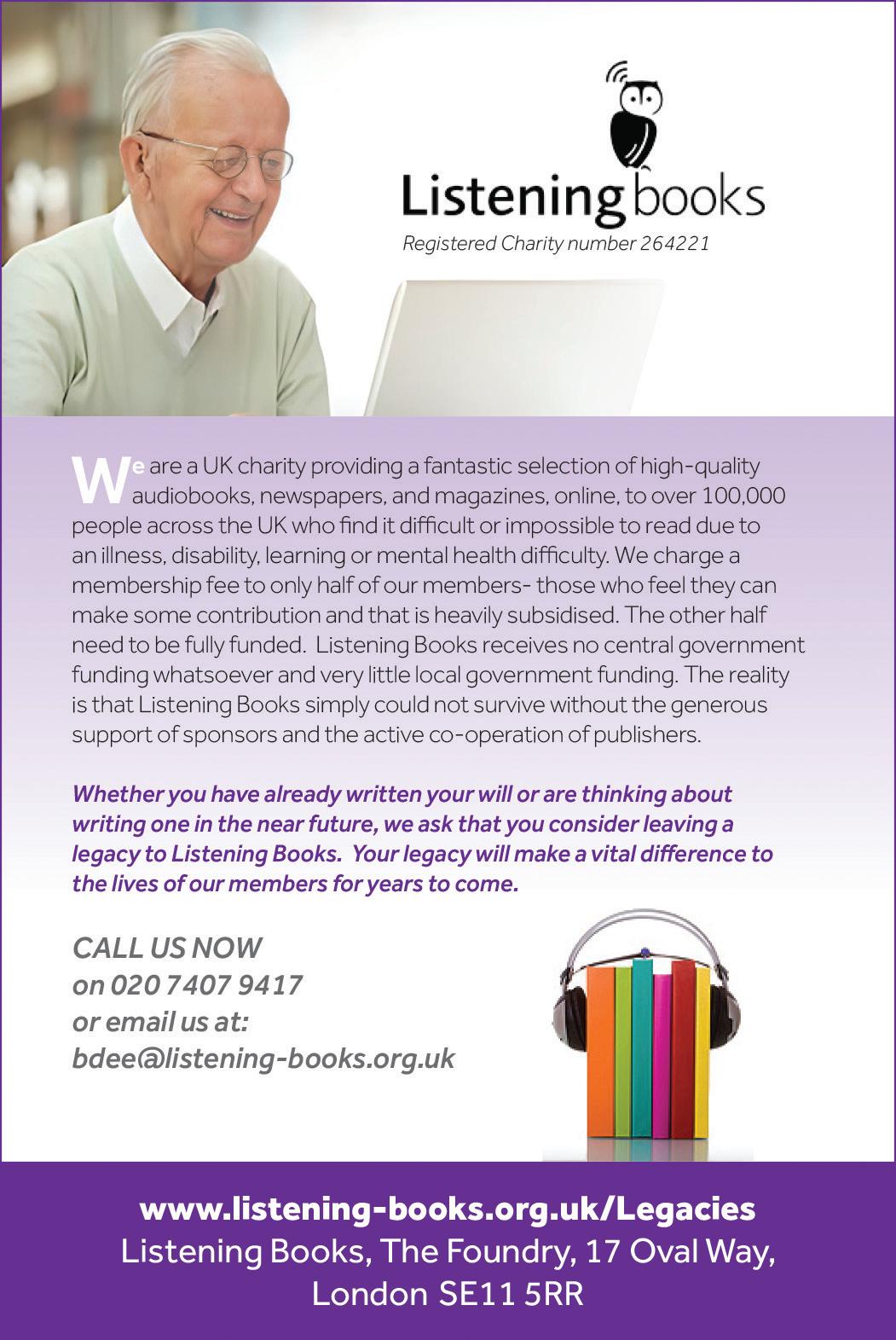

A review by Phillip Taylor MBE, Richmond Green Chambers
A legal highlight each year for those involved in expert evidence is to visit the EWI’s Online Conference It is well established as a virtual event working to update us on the work of experts with panel discussions including, this year, ADR. The Conference was again excellently chaired by Kitty St Aubyn with panel chairs.
The event was no different to previous occasions and highly informative! The webinar brings together expert witnesses, solicitors, barristers and eminent judges, including, this year, Lady Rose and Birss LJ. Discussions reviewed key issues facing our expert community, giving legal updates, and delivering “an enlightening day of insight, advice and discussion”. And all online, too, from the comfort of your home or office.
Lady Rose “How to be a witness as well as an expert”
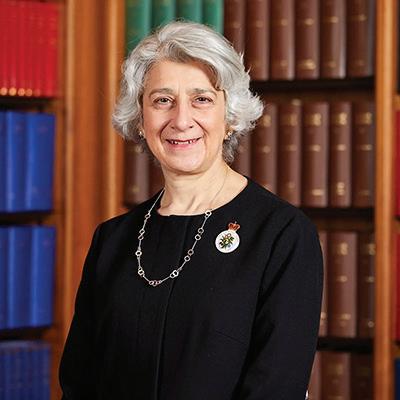
The day’s highlight was the leading keynote address from a Supreme Court Justice, Lady Rose of Colmworth
In her recorded address, Rose reflected on the vital role of the expert witnesses across all aspects of modern litigation and dispute resolution.
Drawing on memorable cases from her time in the Chancery Division and on the Competition Appeal Tribunal, Rose highlighted the powerful impact that expert evidence can have on the outcome of a case. She cited two trends shaping expert testimony involving the nature of an experts’ work for the future.
The first trend identified the growing importance of “collective actions”, where a representative brings a claim on behalf of many individuals. These are sometimes
known as “class actions”, being “the presentation of individualised evidence from numerous claimants” which can often be impractical as sole proceedings. “Such cases”, Rose said, “increasingly rely on expert witnesses to provide an aggregate analysis”.
To avoid expert analyses duplication, Rose discussed use of ‘hot tubbing’ - always a favourite issue with the conference in recent years because of the imagery of the title! It’s a process where experts collaboratively present and discuss findings before the judge early in the process. It’s also an approach that does narrow the issues, promoting collaboration between experts, and it saves time.
The second trend covered the increased technical nature of expert evidence. “Such evidence is becoming more technical” she said, observing that “it makes it harder to communicate clearly to barristers and judges, who must in turn explain the evidence in their judgments”.
To help experts navigate these challenges, four points emerged:
1. Remember that your duty is to the court and not to the party instructing you. Rose stated that “it’s the judge’s trust and respect that ultimately will prove the most important factor in your evidence being accepted by the court.”
2. Be clear and precise. “Quantity does not guarantee the quality”, Rose explained. “Sometimes the sheer weight of analysis obscures the royal the real point of issue.”
1. Do not underestimate the tribunal’s expertise. Rose made this observation: “You may find that your most searching questions come not from opposing counsel, but from the bench.” Too true!
2. Judges don’t want to trip you up or catch you out. Rose explained here that “We want you to help us understand what for many will be on familiar territory, and if you do that with honesty and clarity, you will find yourselves indispensable to the process.”
Lord Justice Birss “Expert witnesses: vital participants in civil justice”

Colin Birss is a judge of the Court of Appeal, Deputy Head of Civil Justice, and an advisory editor to “Civil Procedure:
The White Book 2025” A self-confessed “computer wonk”, Birss offered a most useful picture of current issues in civil justice as the most experienced judge in both IP and IT matters today. We were very lucky to hear from him.
Conference aims for 2025 were to assist new experts looking to develop their understanding of key issues; experienced experts looking to develop their practice; and those who work with or instruct experts, so there was much variety again this year.
Expert witnesses come under continual scrutiny in the courts, so the conference provided essential insight and practical advice to help experts further develop their knowledge and skills, obtain instructions, and win repeat business.
Hearing from the senior judiciary, solicitors, and experienced experts, participants could reflect on important legal updates and ethical issues when considering what instructing parties are looking for. As usual, latest case law decisions introduced by Sean Mosby were particularly helpful.
There was a useful participation in a range of practical interactive sessions and discussions which are easy to use once one gets the hang of it in the virtual environment. For those who missed any sessions, recordings from the Conference are available, so thank you again, EWI, for a most successful virtual day. See you next year.

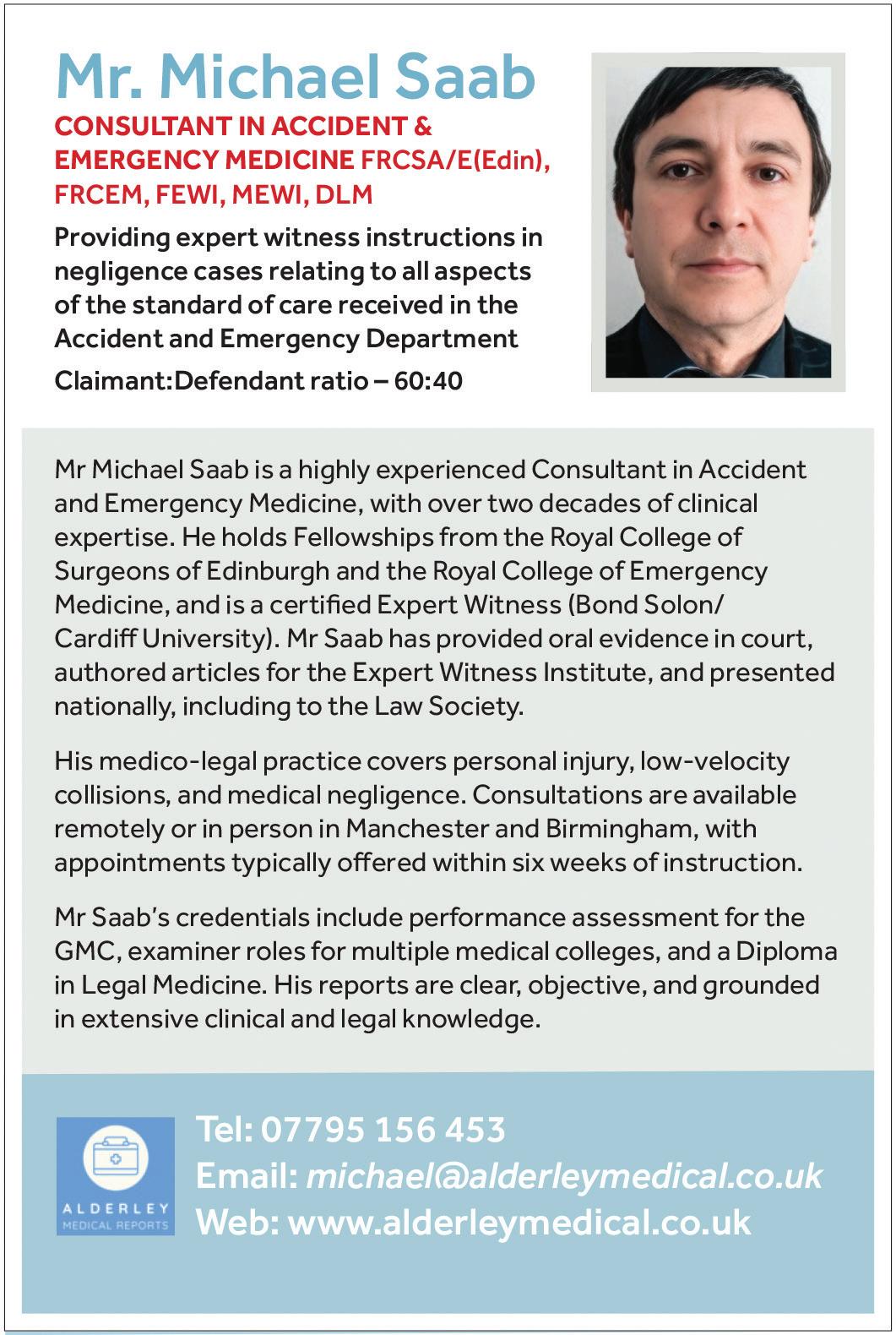

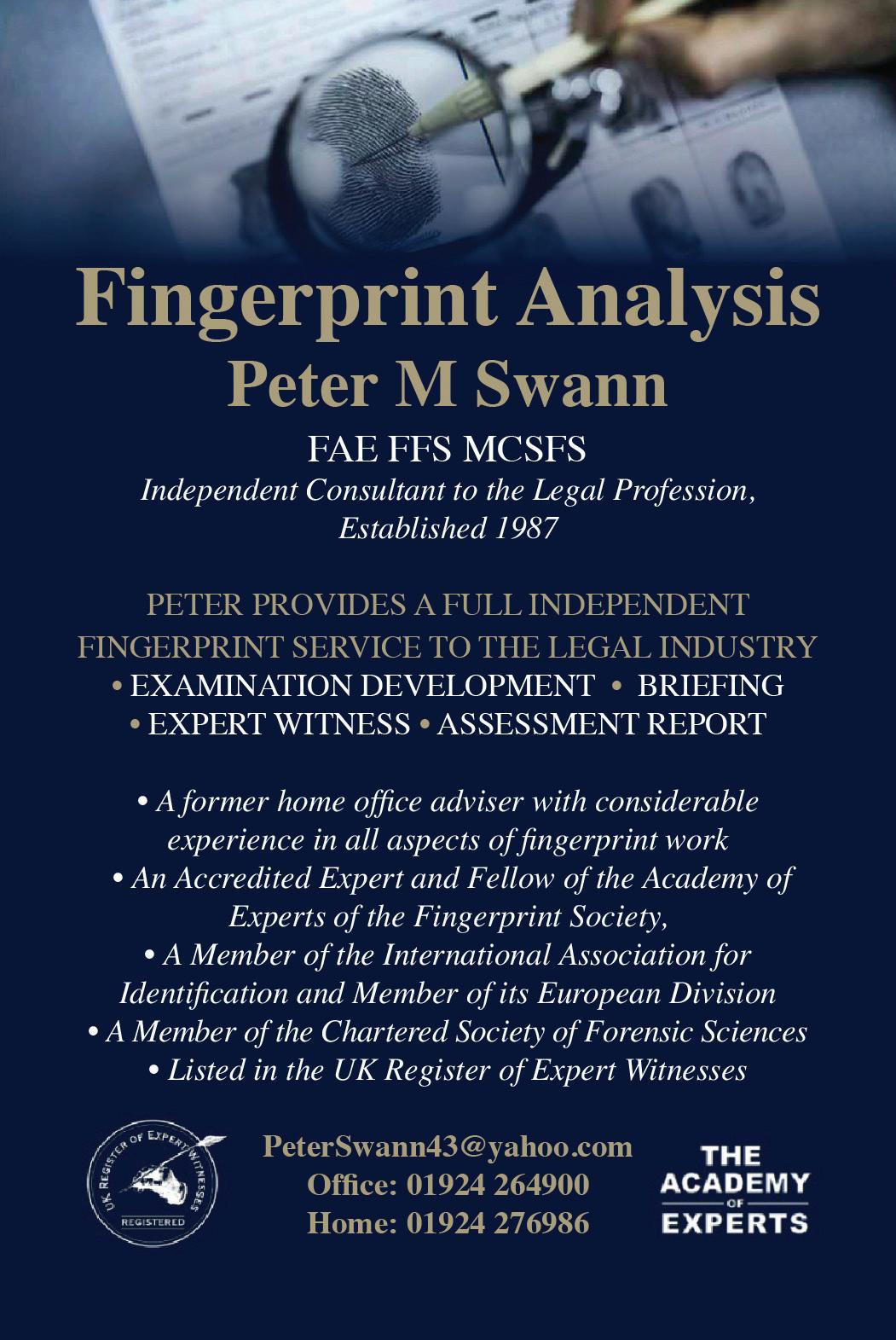
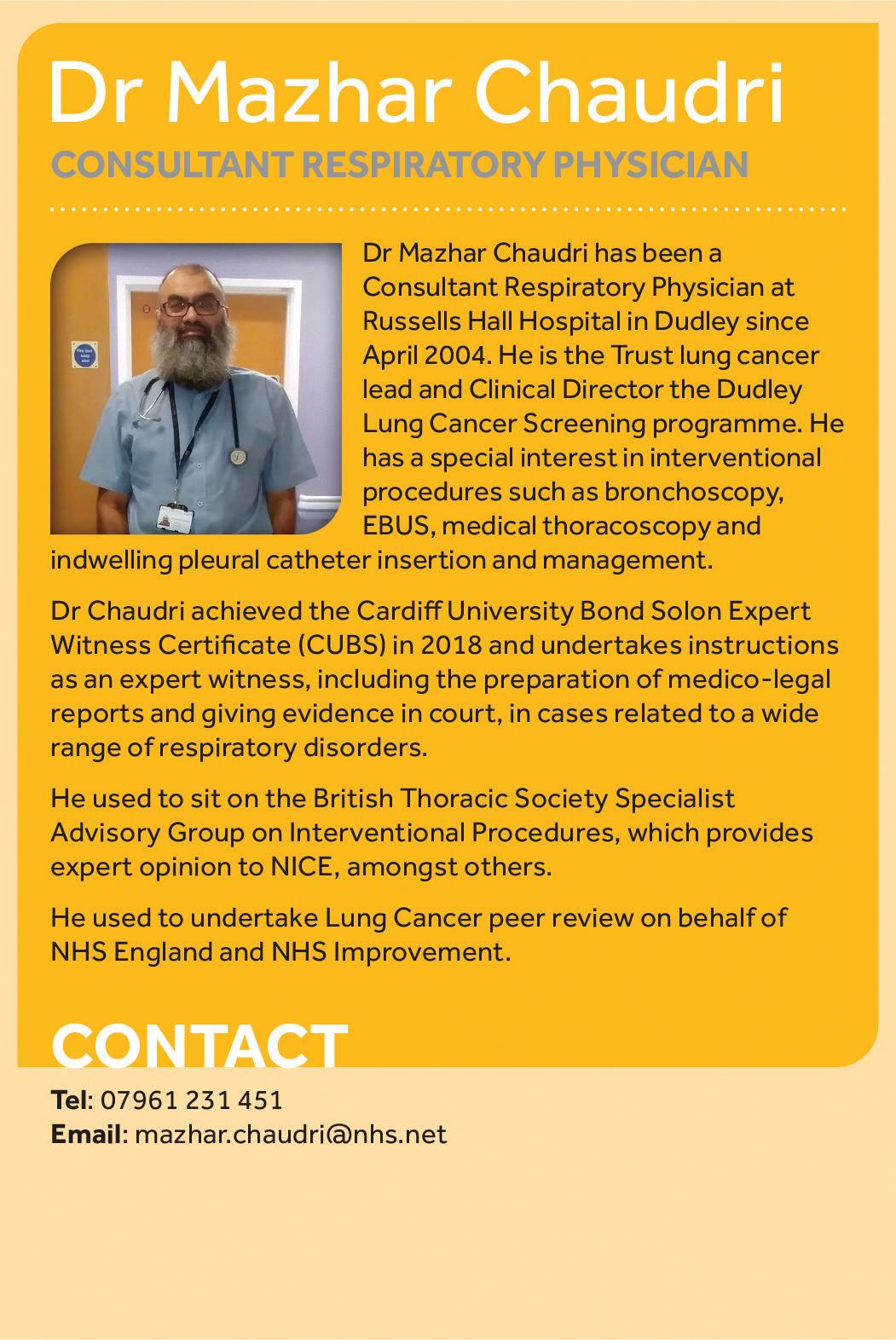
‘AI is transforming the legal profession – but be informed and stay human’ says The Solicitors’ Charity Trustee and innovative tech lawyer

Artificial Intelligence (AI) is revolutionising the legal sector, bringing major advances in efficiency and accessibility. But it also demands new levels of scrutiny, responsibility, and ethical oversight, says Rory O’Keeffe, AI and innovative tech lawyer, Founder of RMOK Legal, and Trustee of The Solicitors’ Charity
Reflecting on the fast-moving integration of AI into legal workflows, O’Keeffe highlights both opportunities and risks for professionals across the sector.
“AI
is no longer a futuristic concept”, he says. “It’s here, it’s in use, and it’s reshaping how solicitors research, draft, and interact with clients”.
AI-powered platforms now offer support ranging from clause suggestions in Word to first-draft case summaries that mirror the work of a junior lawyer.
“Time savings are the most obvious win”, O’Keeffe notes. “AI can help firms work faster and more cost-effectively, but we must remain vigilant. These tools are still developing, and mistakes – like fabricated case law – can and do happen if we trust them blindly”.
O’Keeffe also points to the growing role AI is playing in improving access to justice. Chatbots and automated tools now guide the public through tenancy disputes, employment rights and immigration queries, offering vital support for those who might not otherwise seek legal help.
“It’s a win-win”, he says. “The public get informed, and firms can triage cases more efficiently, directing time and expertise where it really counts”.
Despite these benefits, O’Keeffe urges the profession to proceed with care. “Lawyers have a new duty, not just to use these tools, but to understand them” , he explains.
“Knowing where your data goes, how your AI system works, and what biases may be embedded is now part of delivering safe, responsible legal services”.
He adds that AI adoption is no longer limited to large firms. “Smaller practices, once priced out of legal tech, are catching up thanks to more accessible and scalable tools. The gap is narrowing, and that’s exciting for the future of the profession”.
However, he cautions against being swept up in hype. “The best advice? Treat AI’s output like a junior lawyer’s
memo. It’s a starting point, not a final answer”.
The Solicitors’ Charity, which supports the health and wellbeing of solicitors across England and Wales, is keen to ensure that lawyers are equipped to adapt to these changes while maintaining high standards of care, ethics, and professionalism.
“As the technology evolves, so must we” , says O’Keeffe. “AI will never replace lawyers, but it will change what we do, how we do it, and how we deliver value. The key is to stay informed, stay engaged - and above all, stay human”.
To learn more about The Solicitors’ Charity and its work supporting solicitors in challenging times, visit www.thesolicitorscharity.org
Want to support The Solicitors’ Charity?
https://thesolicitorscharity.org/ support-our-work/
Rory O’Keeffe , AI and innovative tech lawyer and Trustee of The Solicitors’ Charity.

